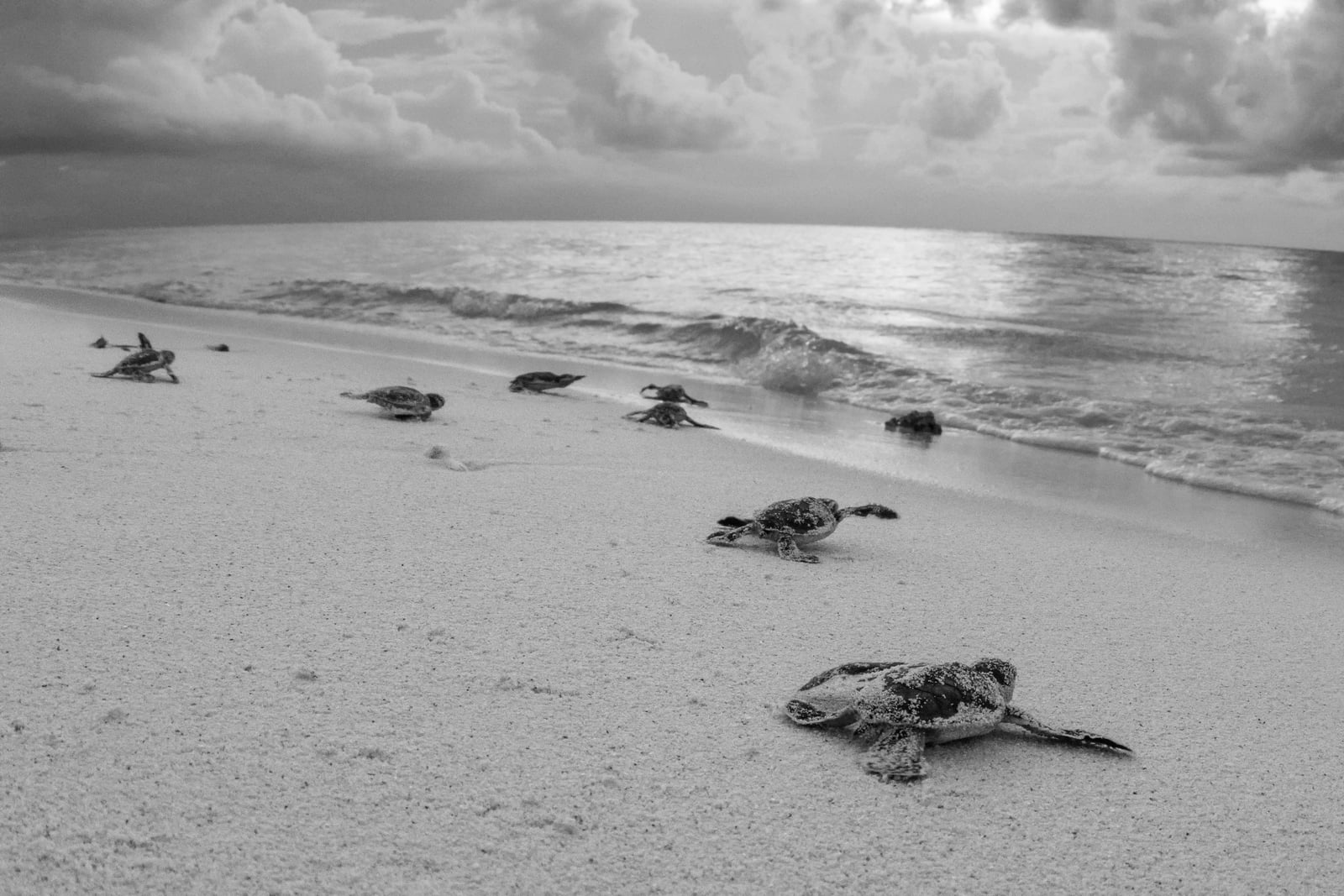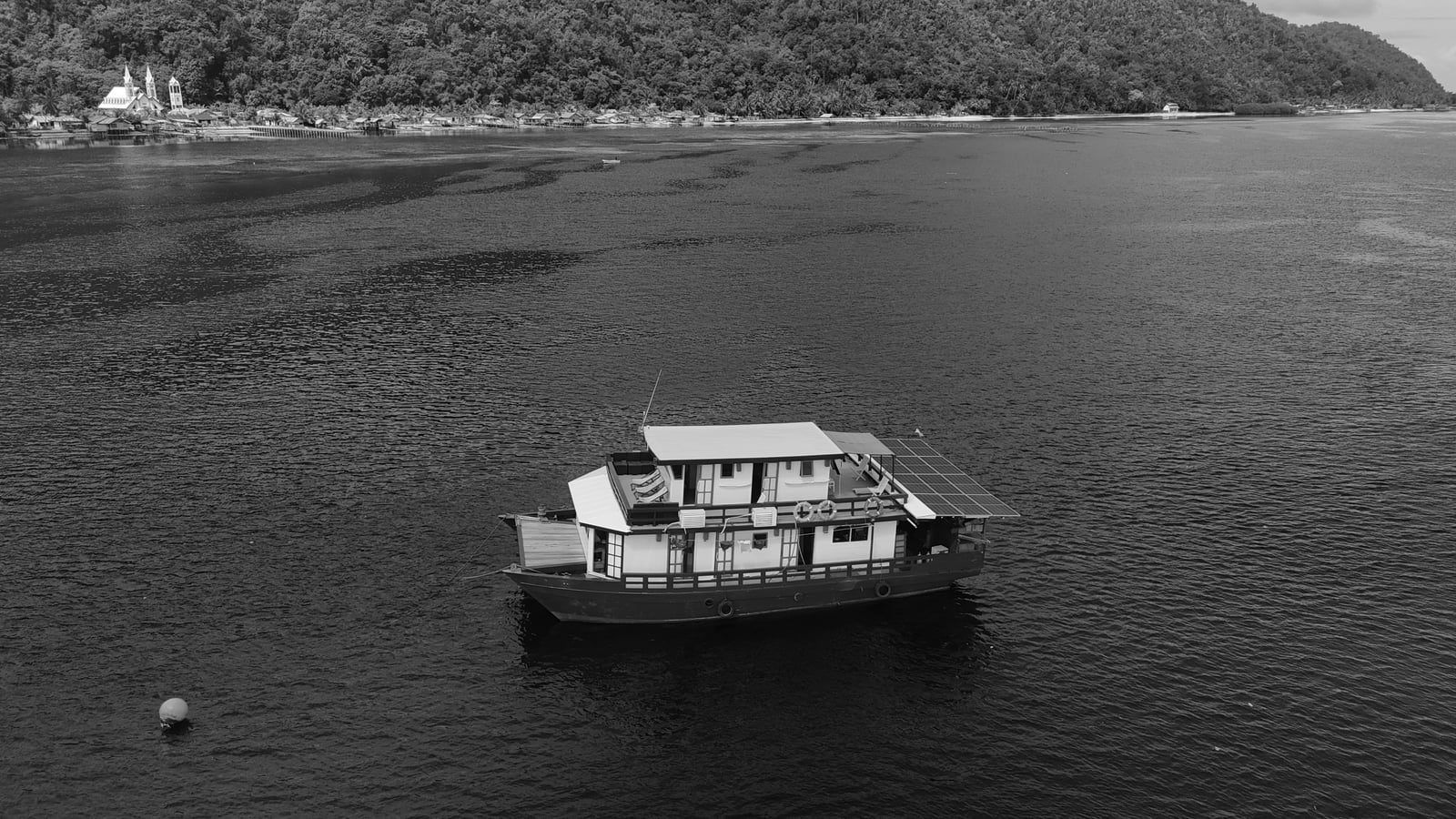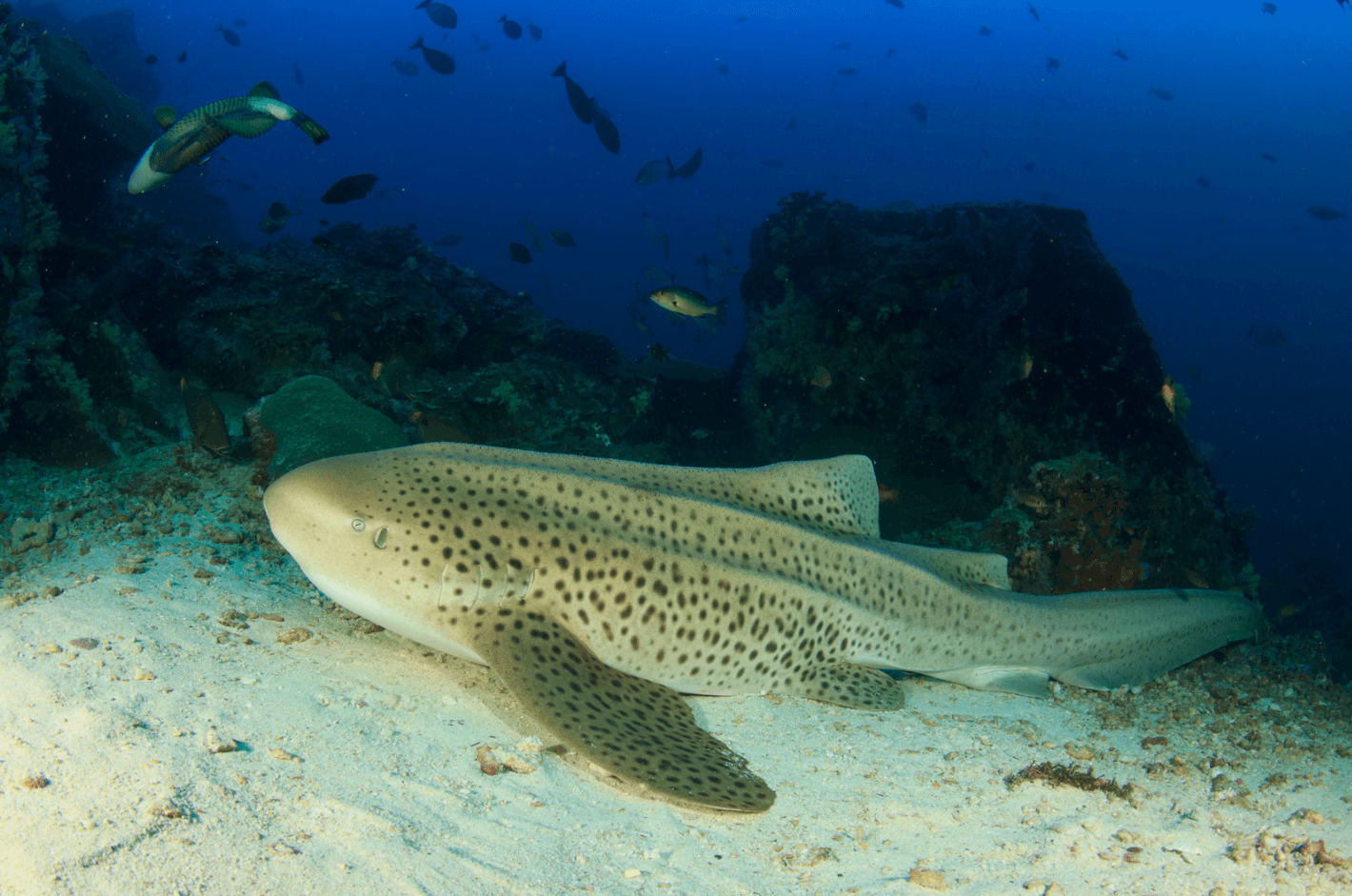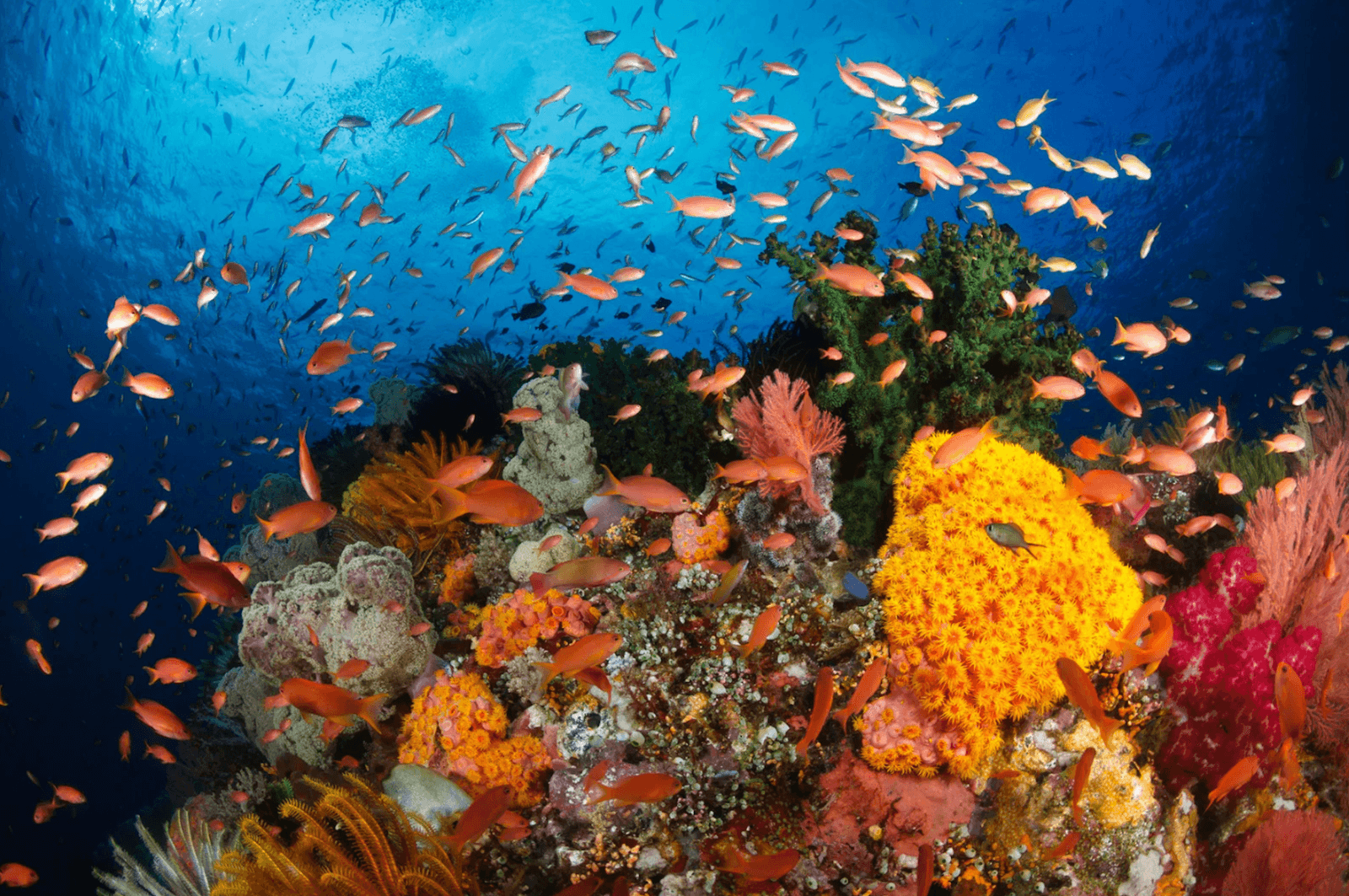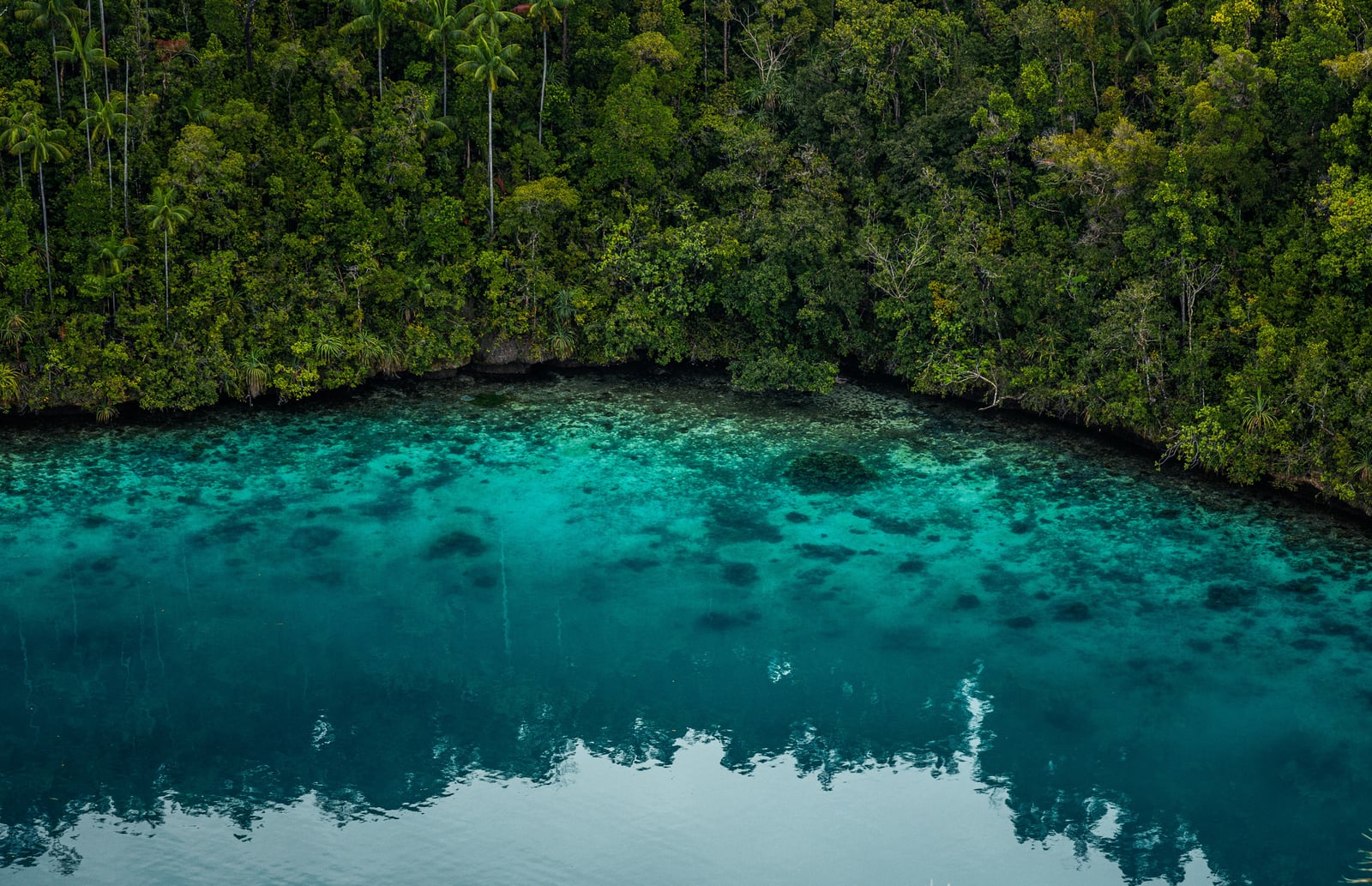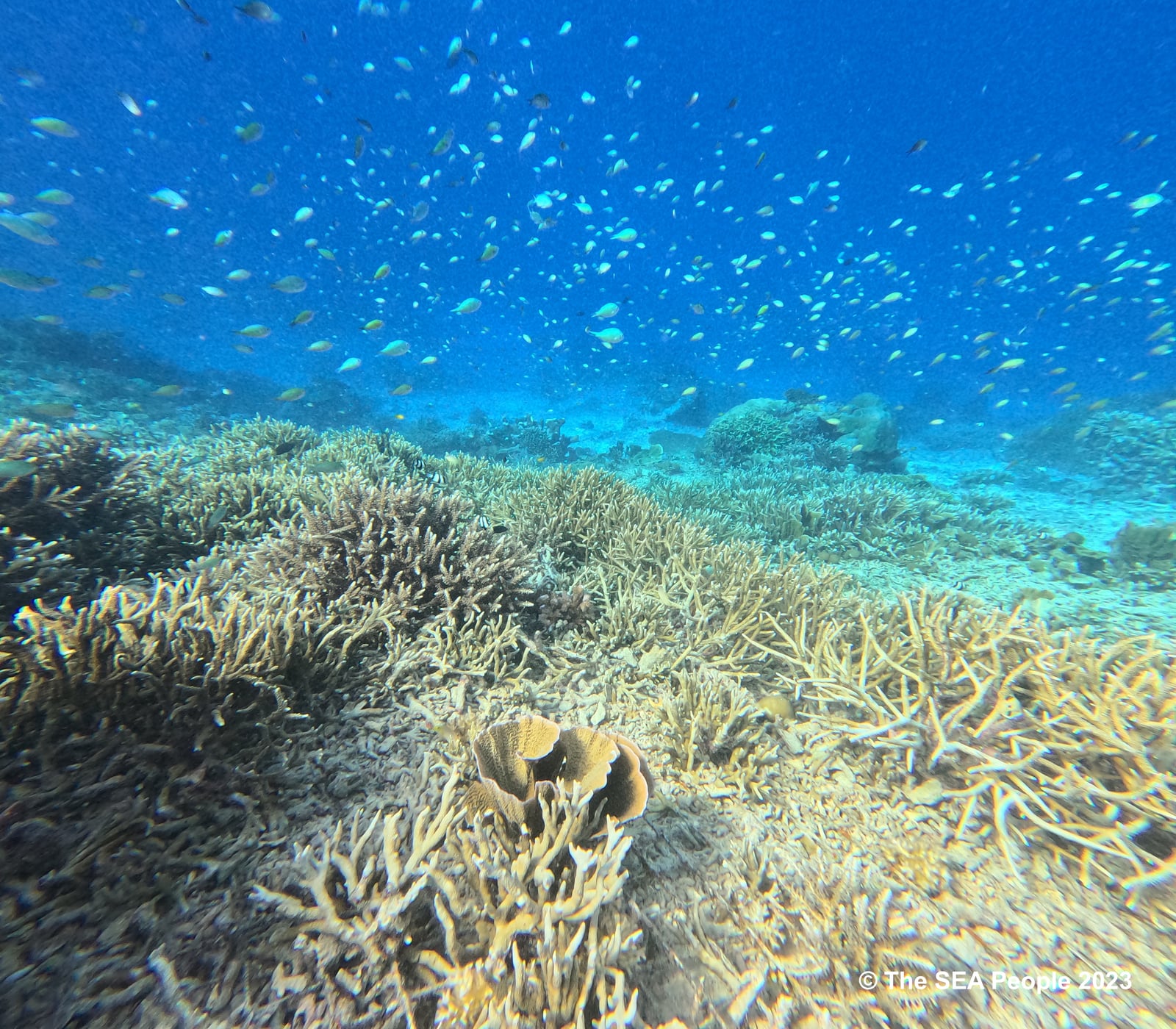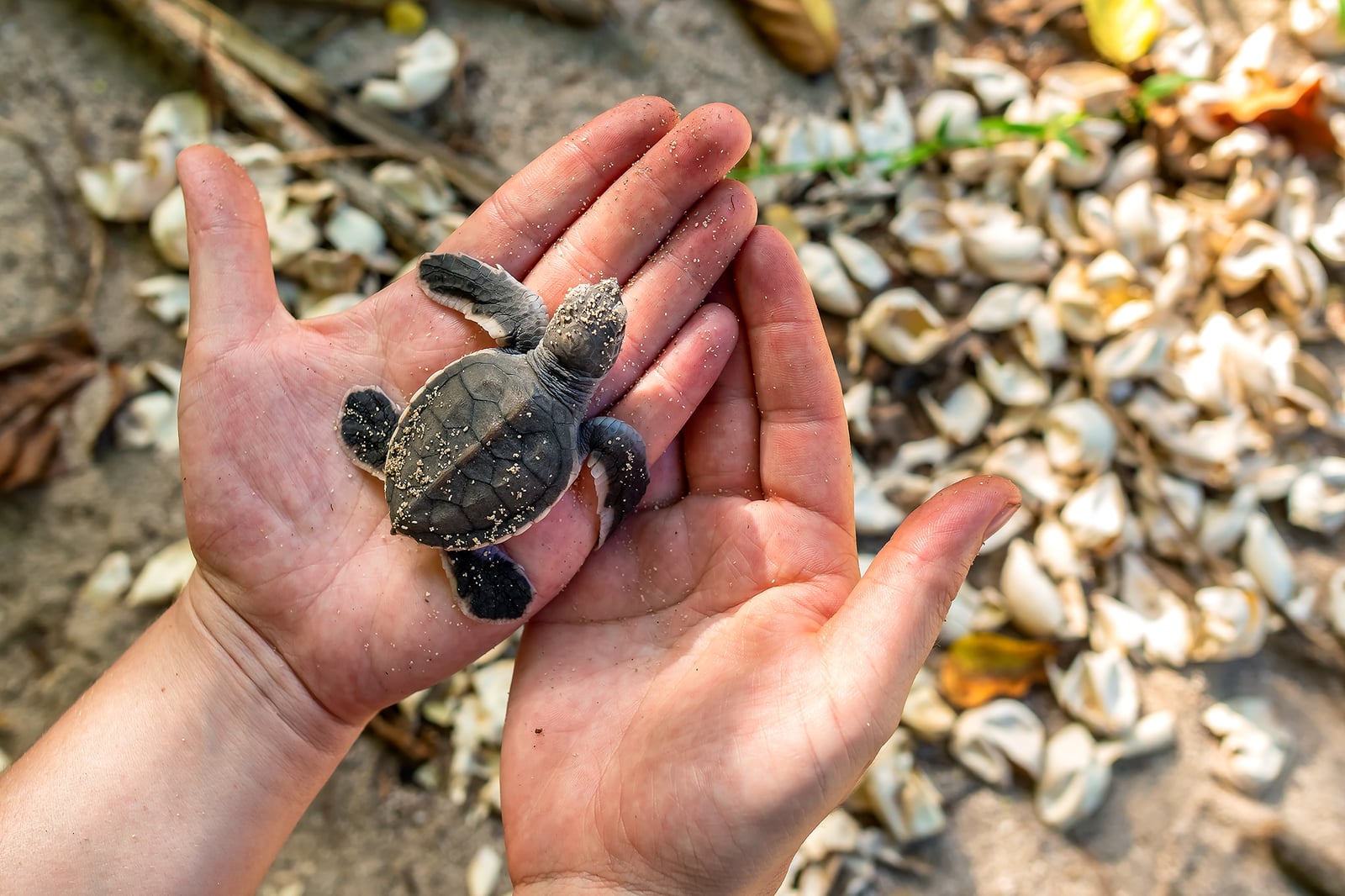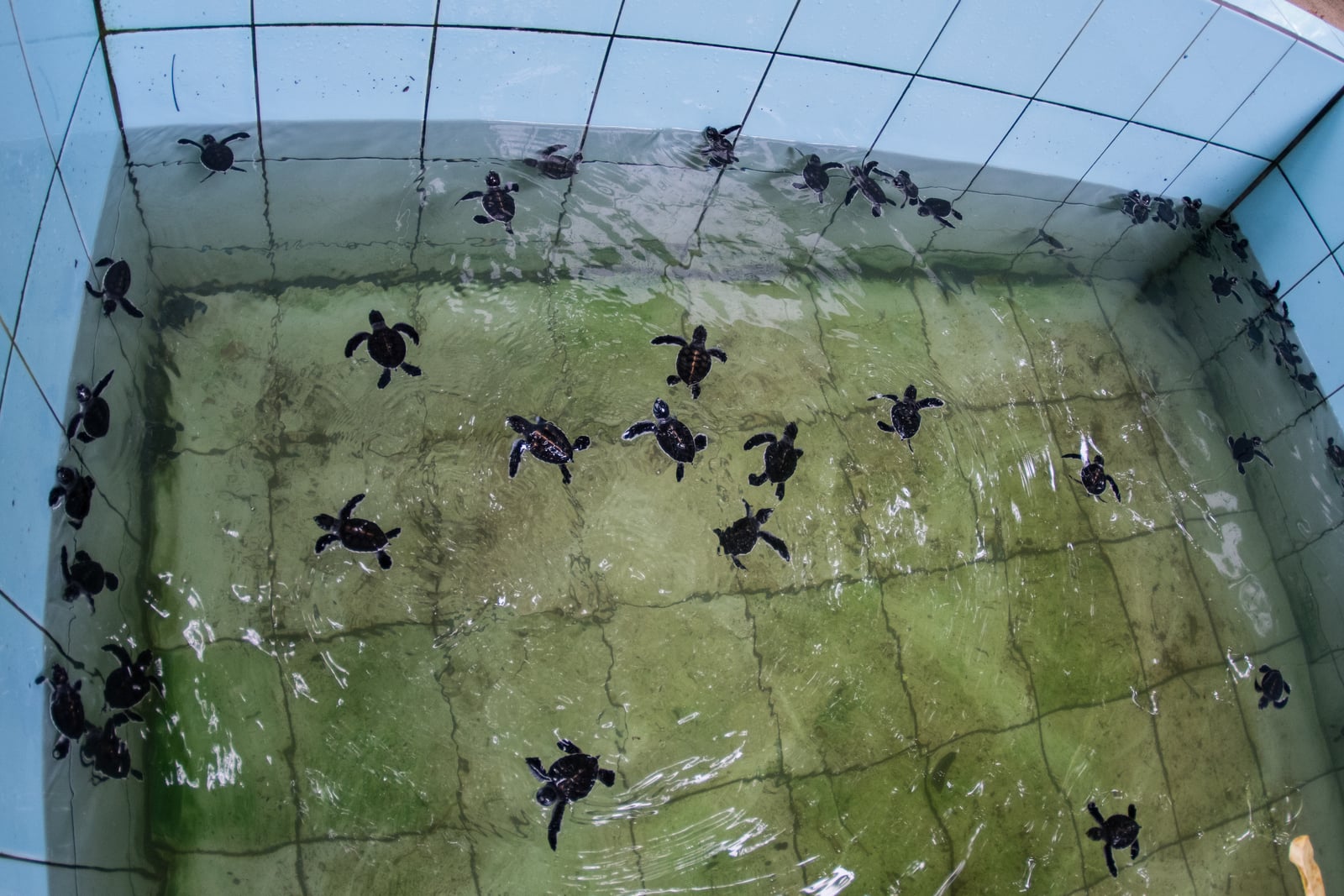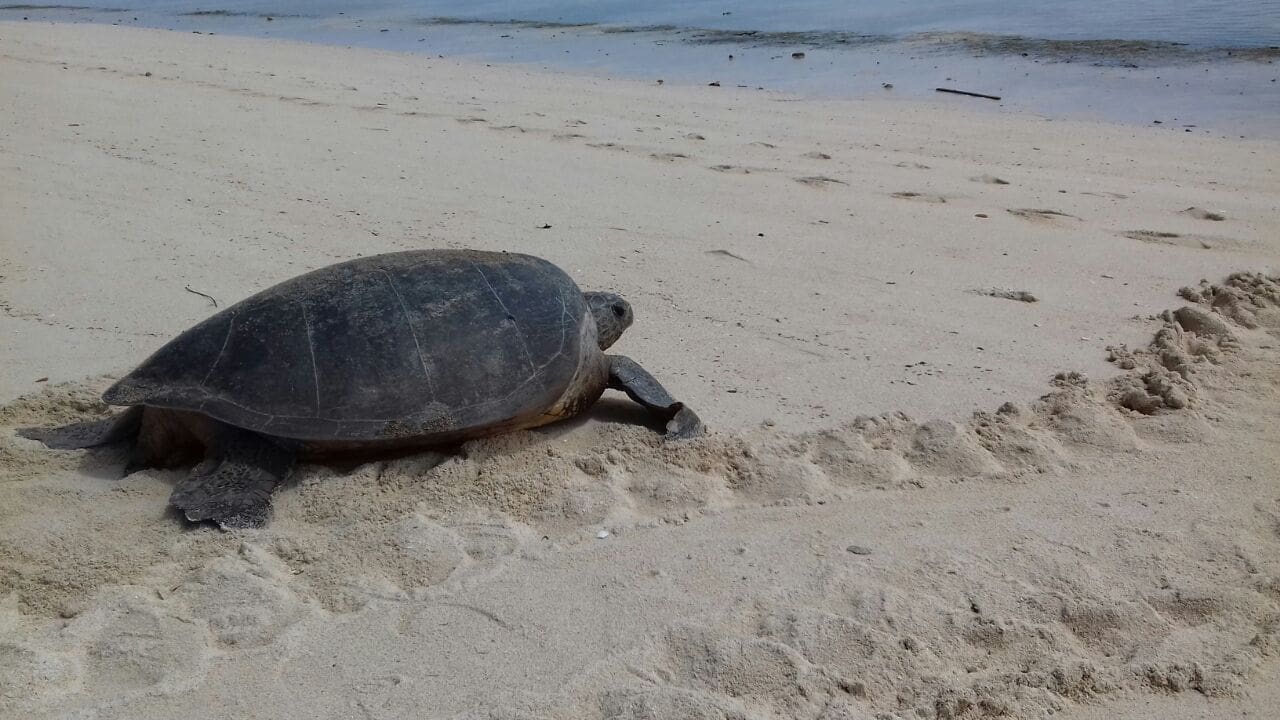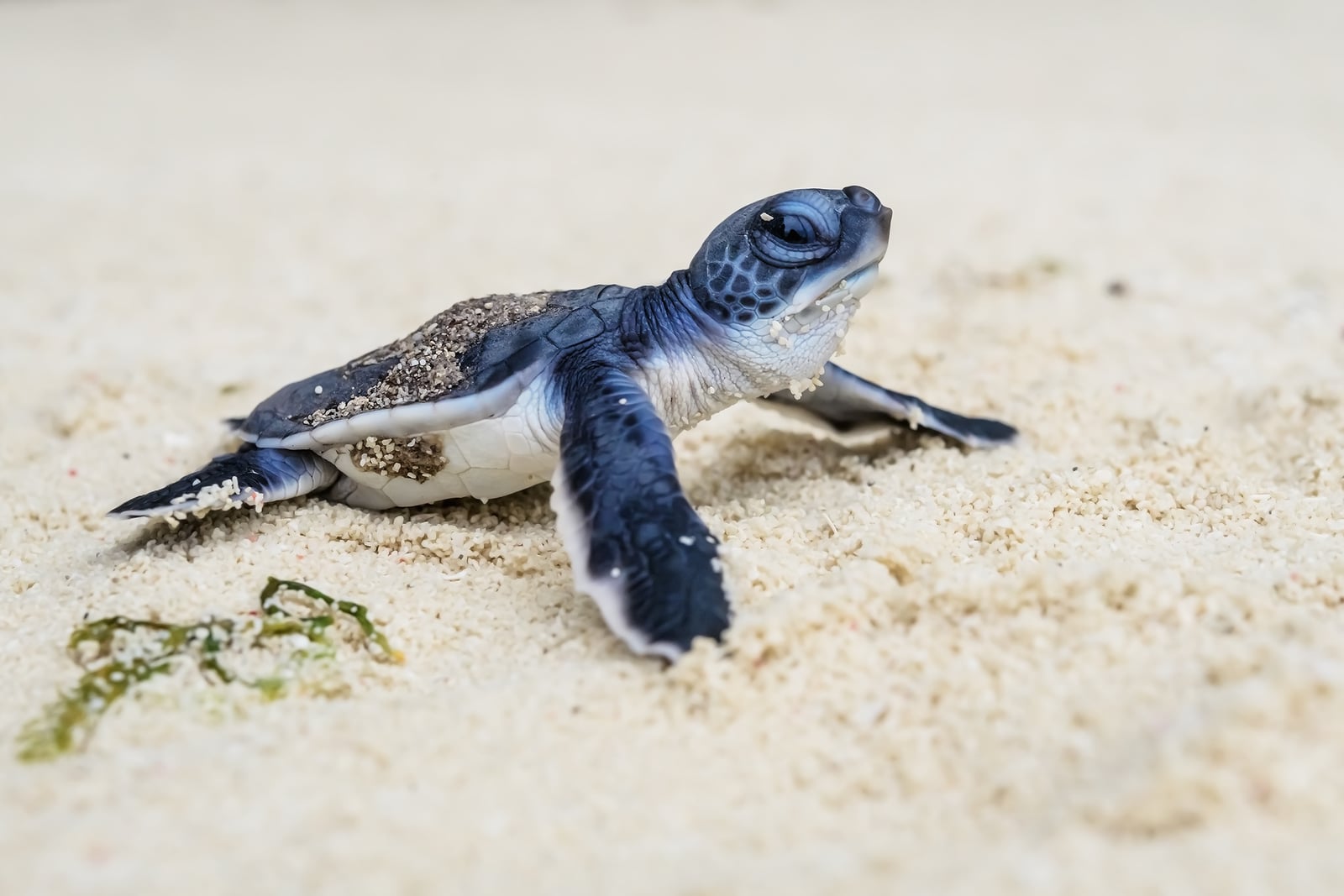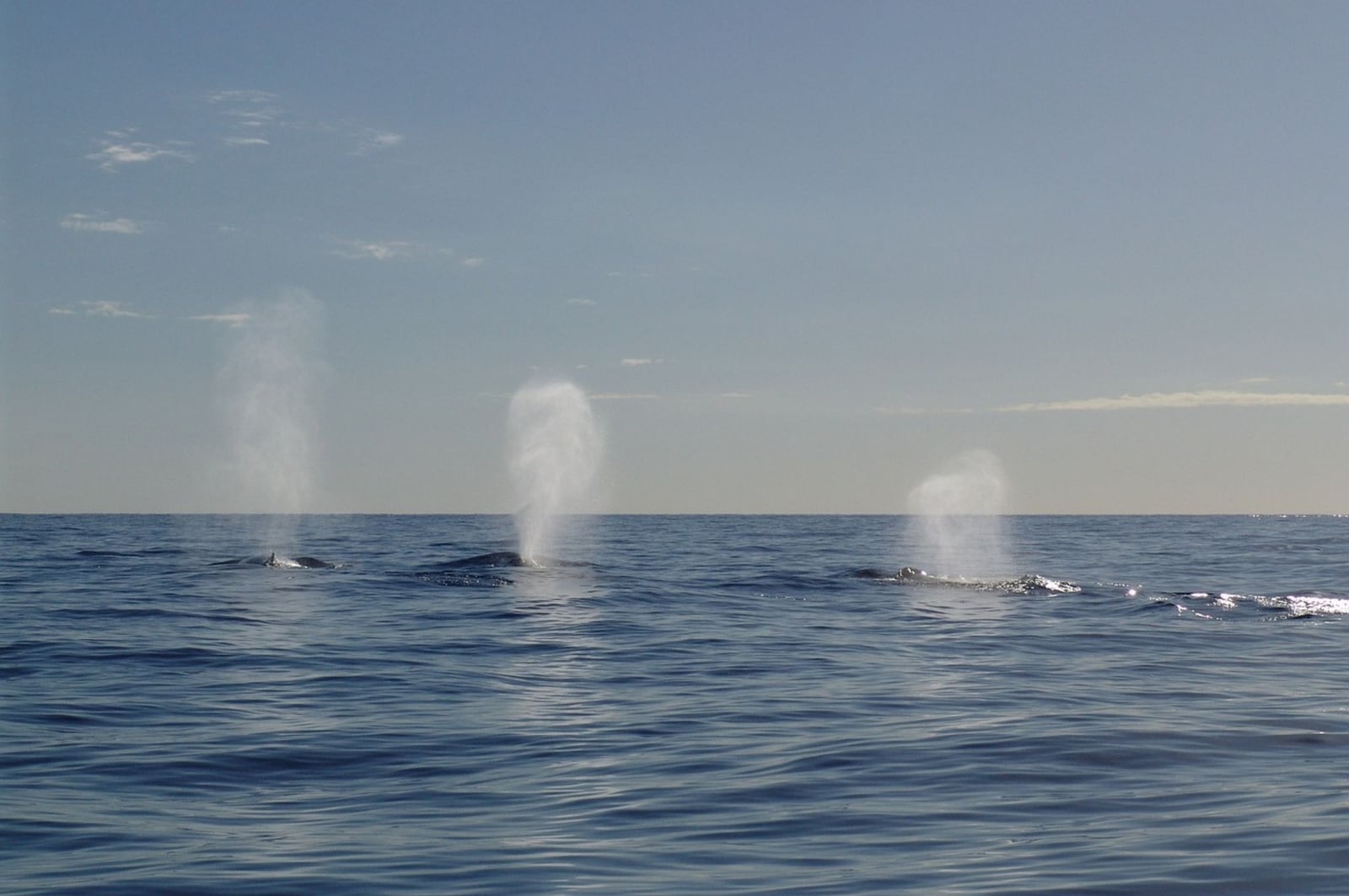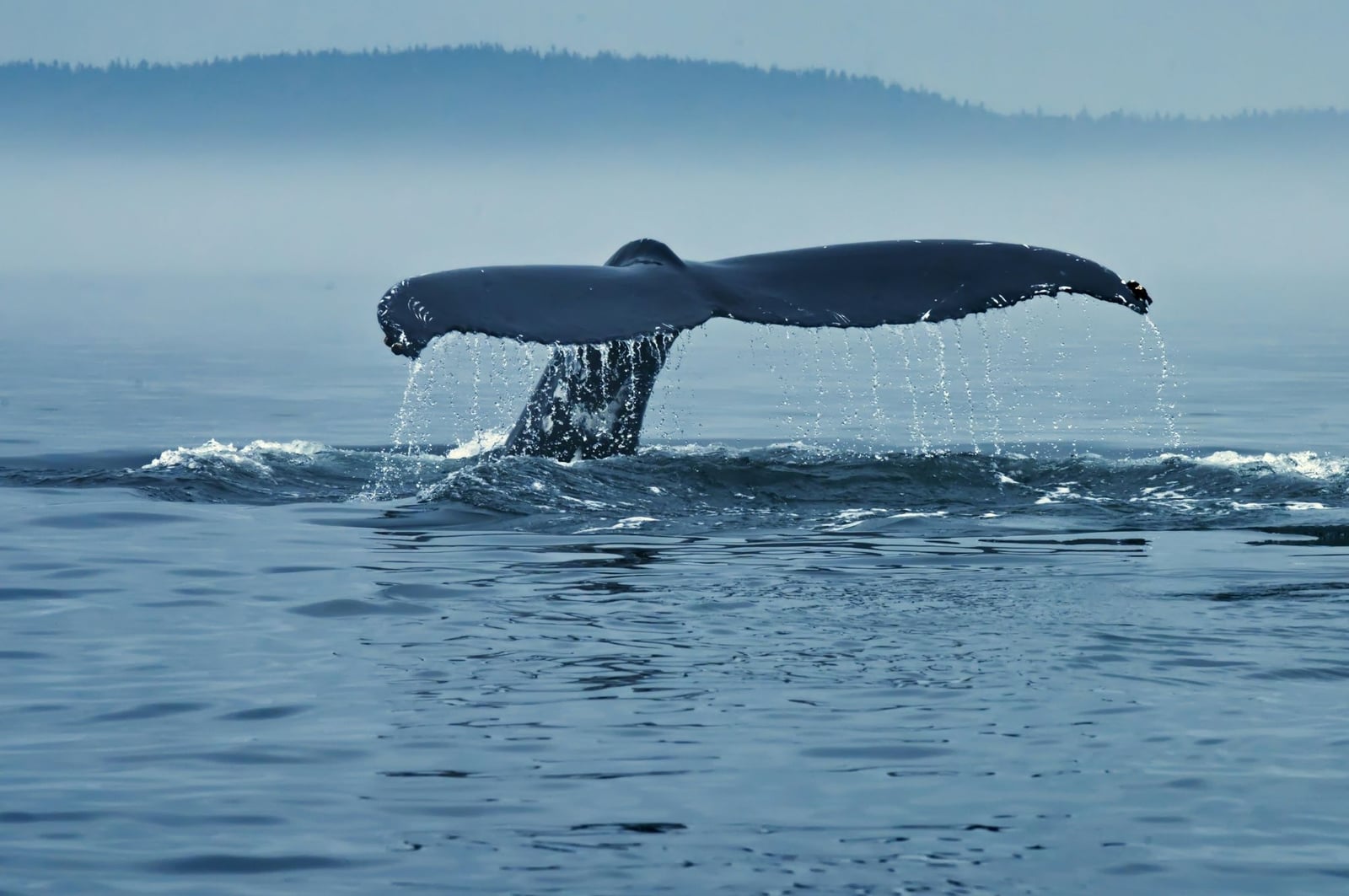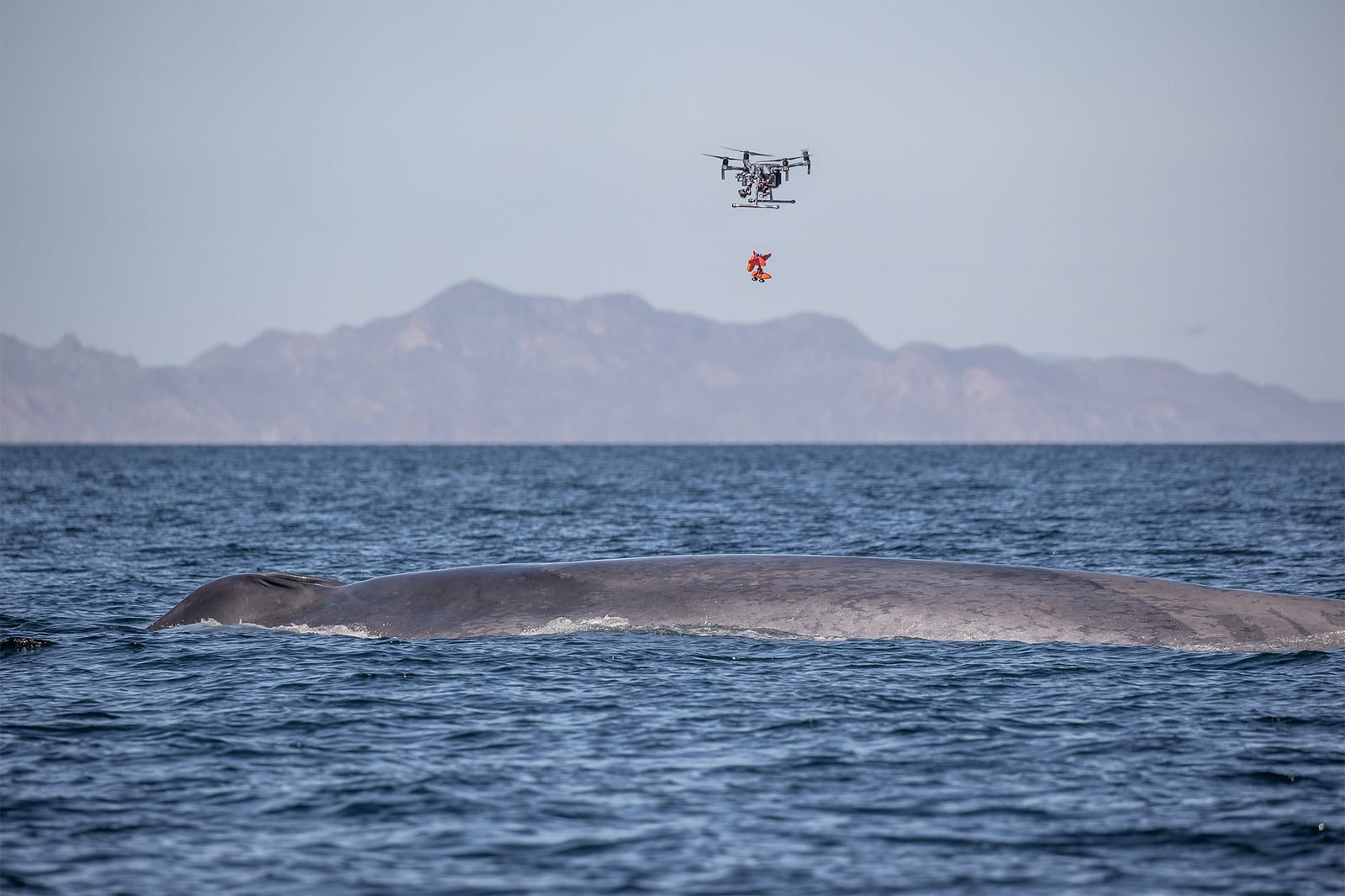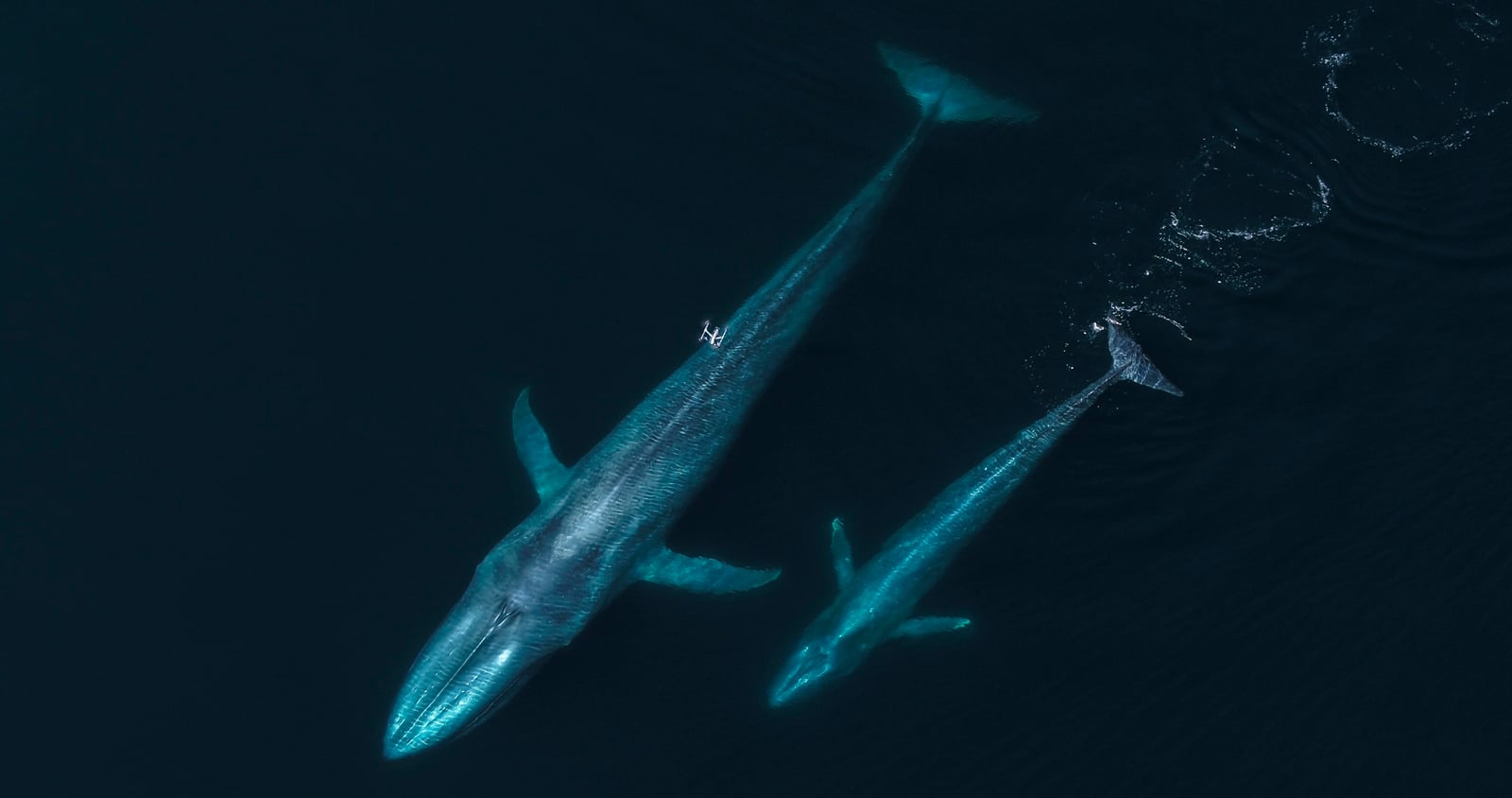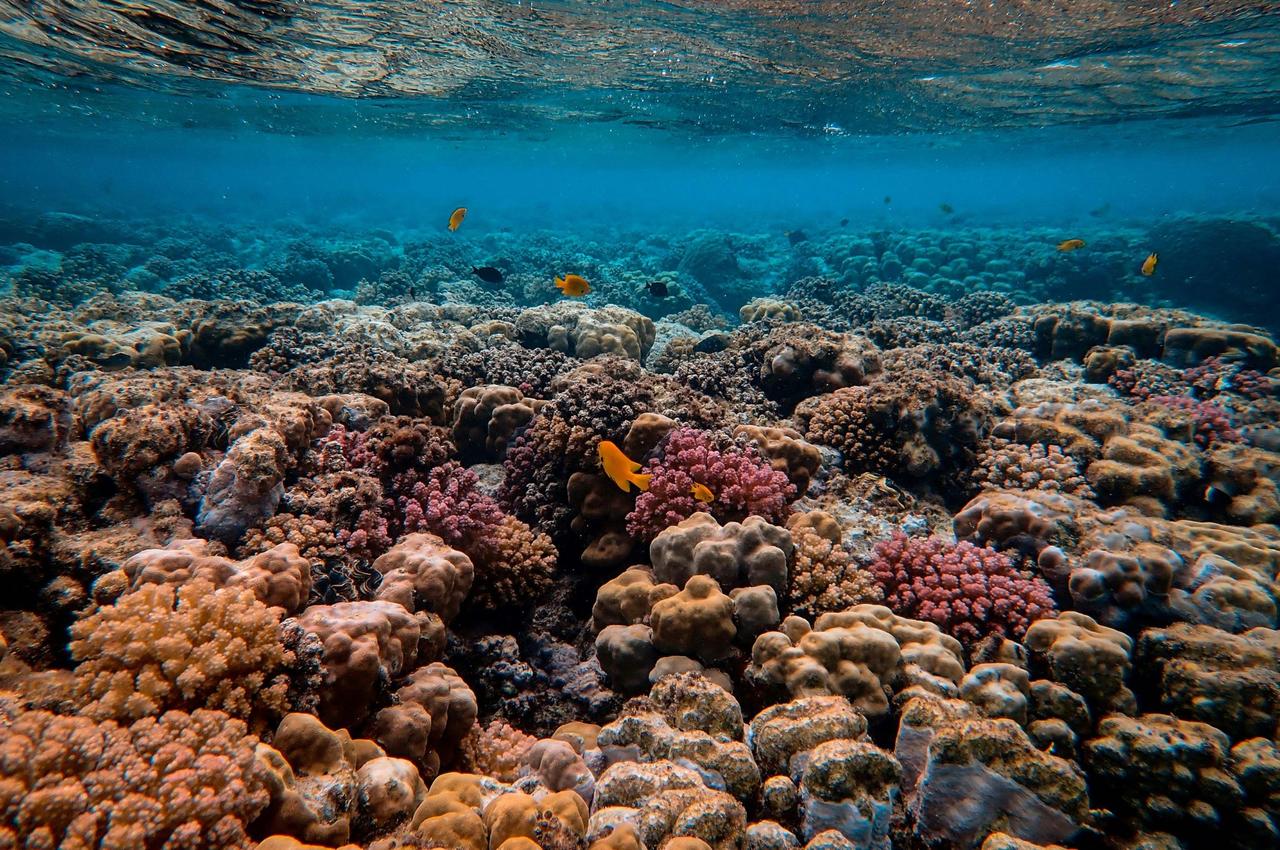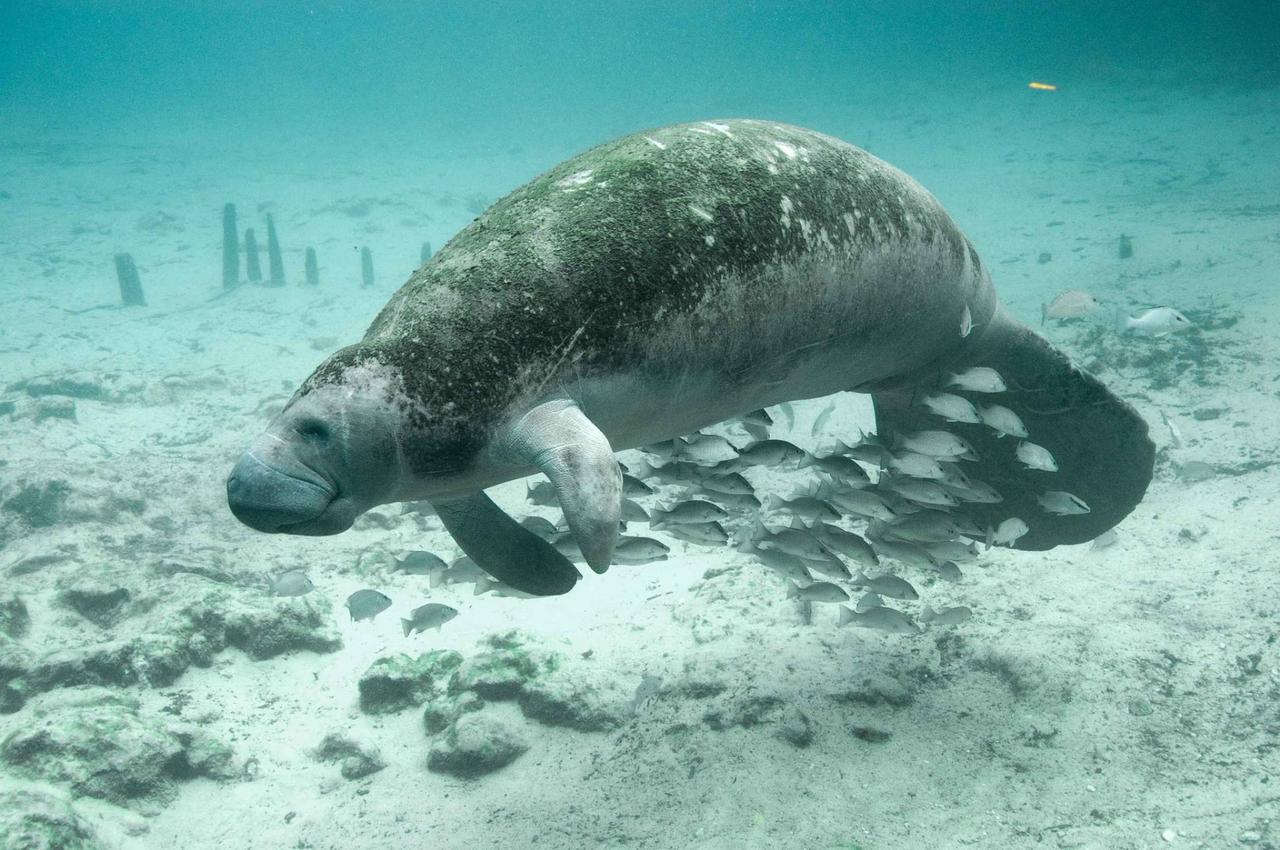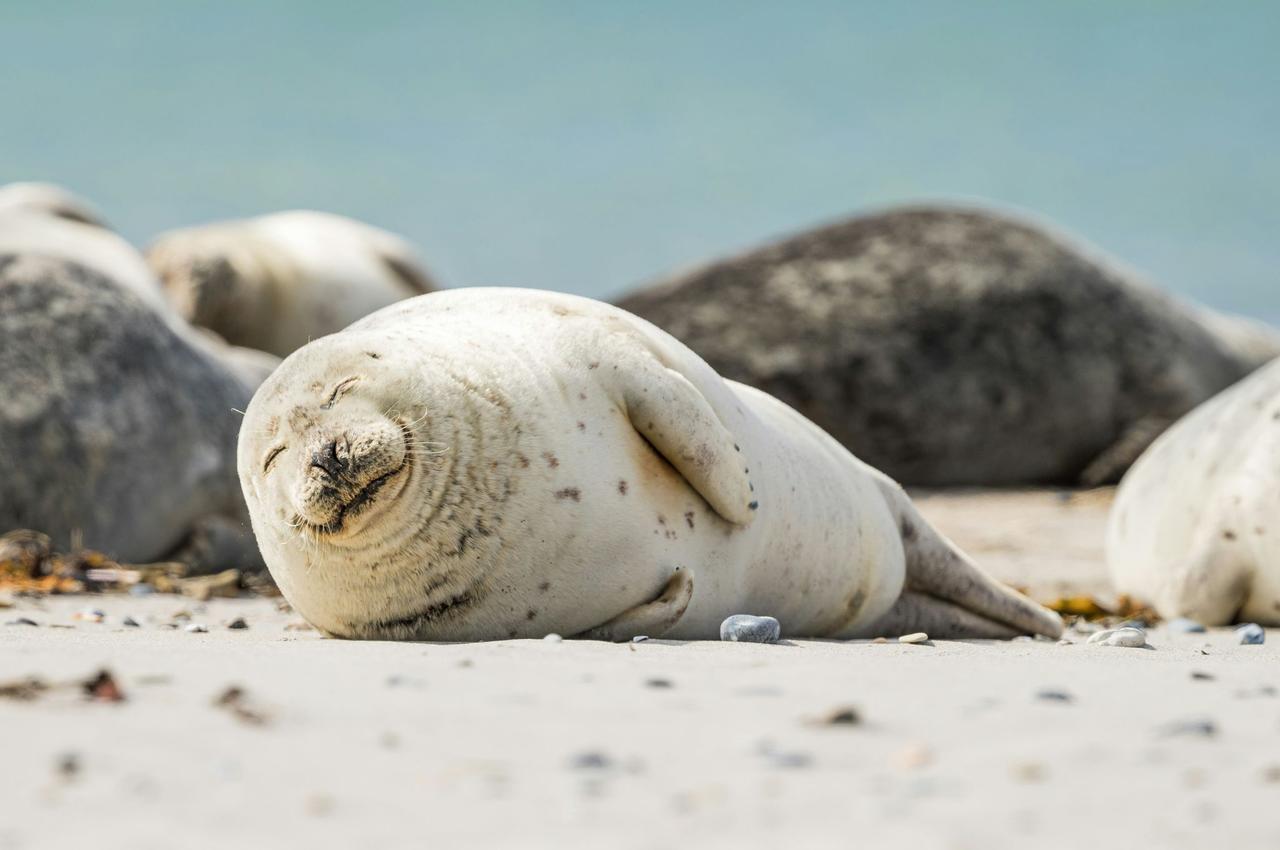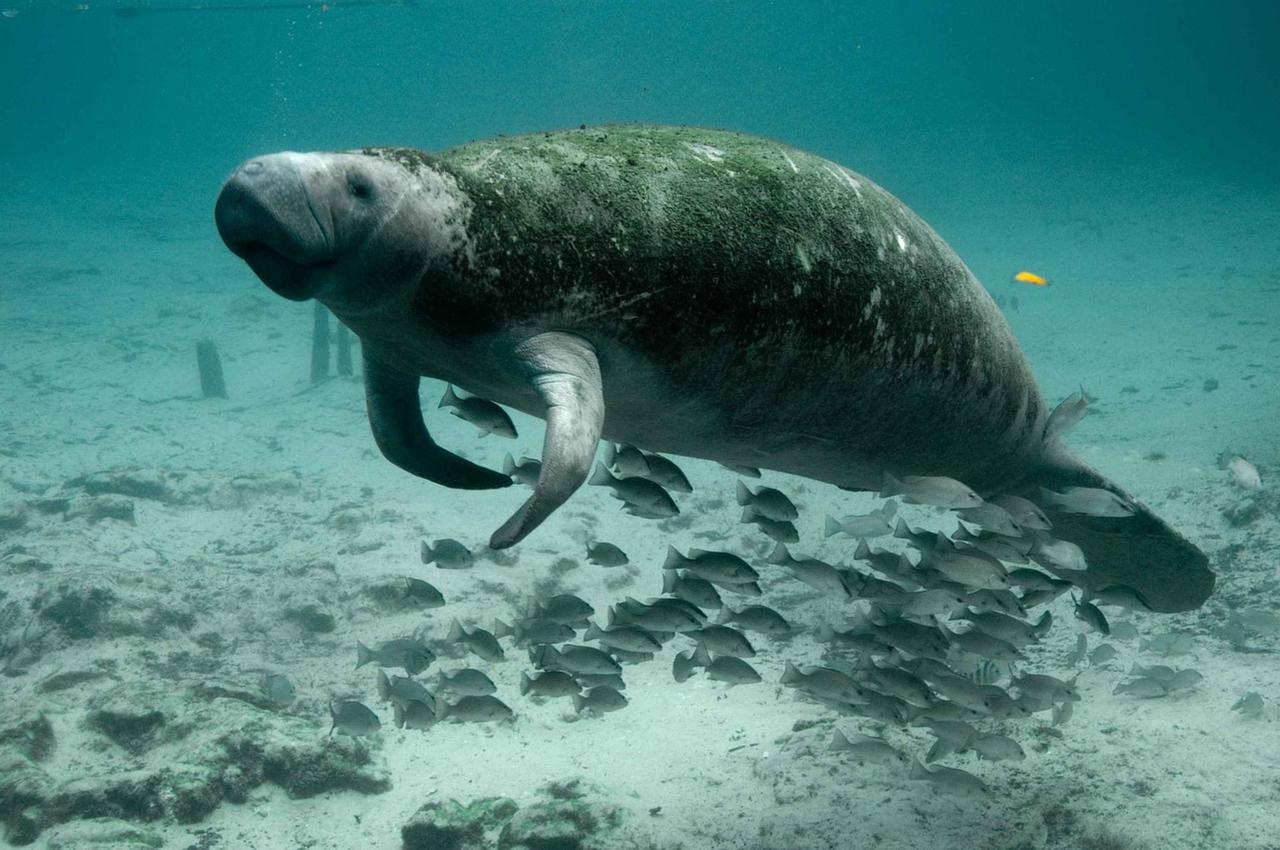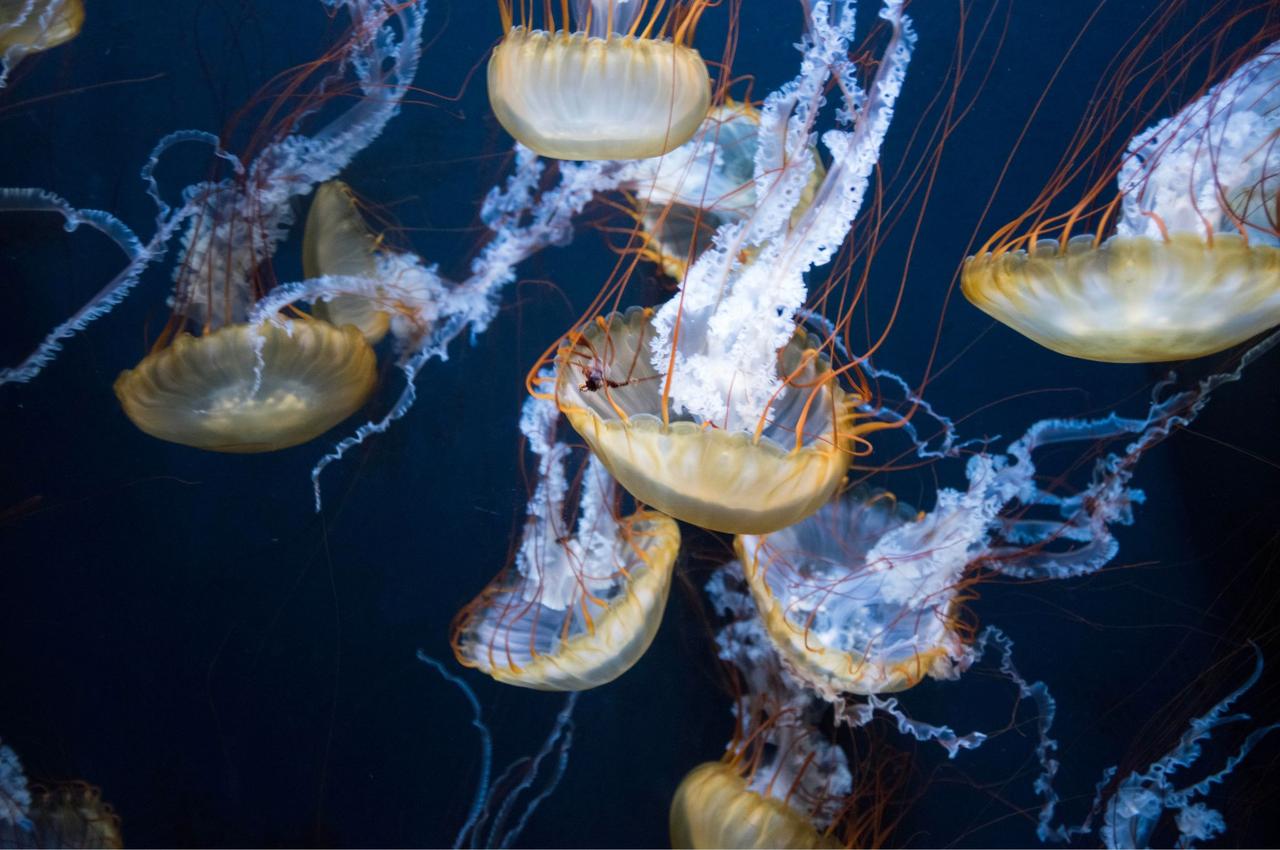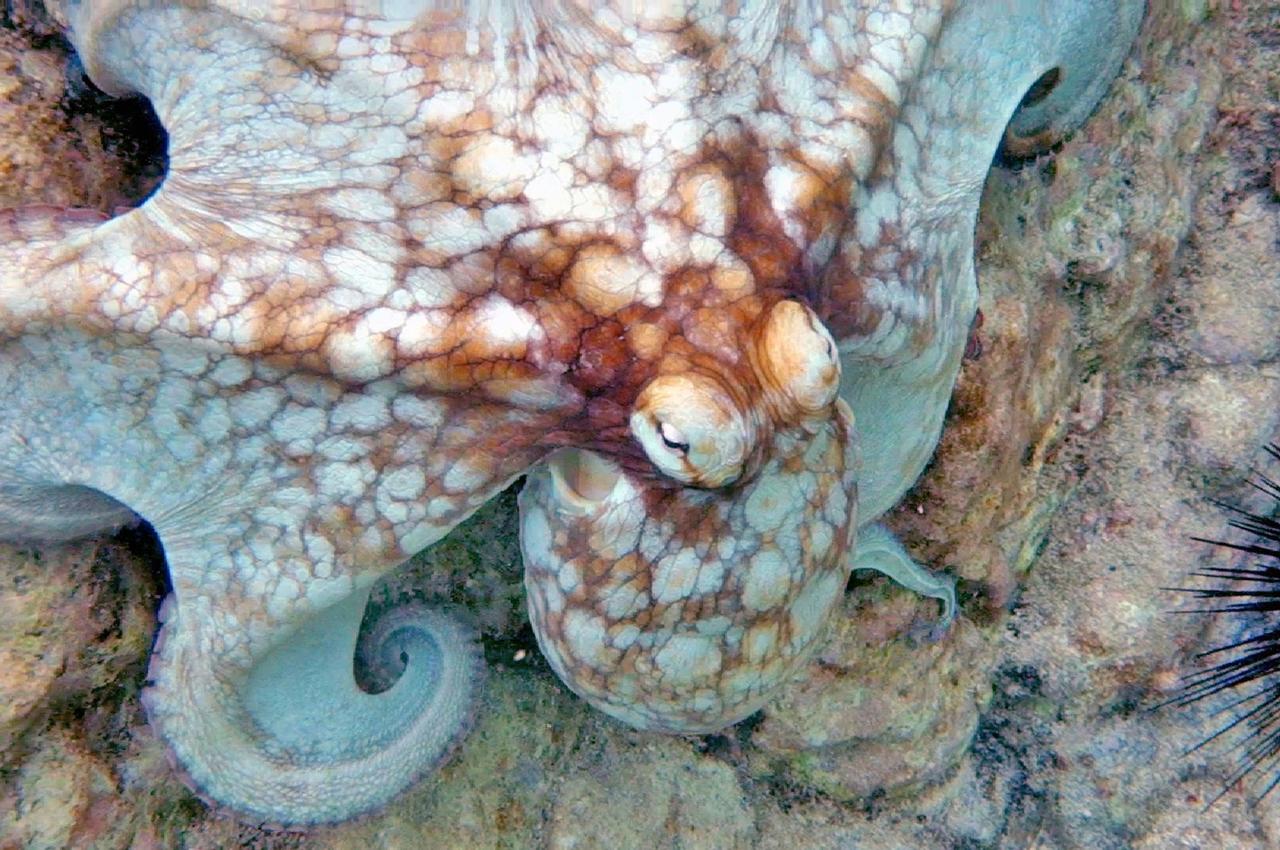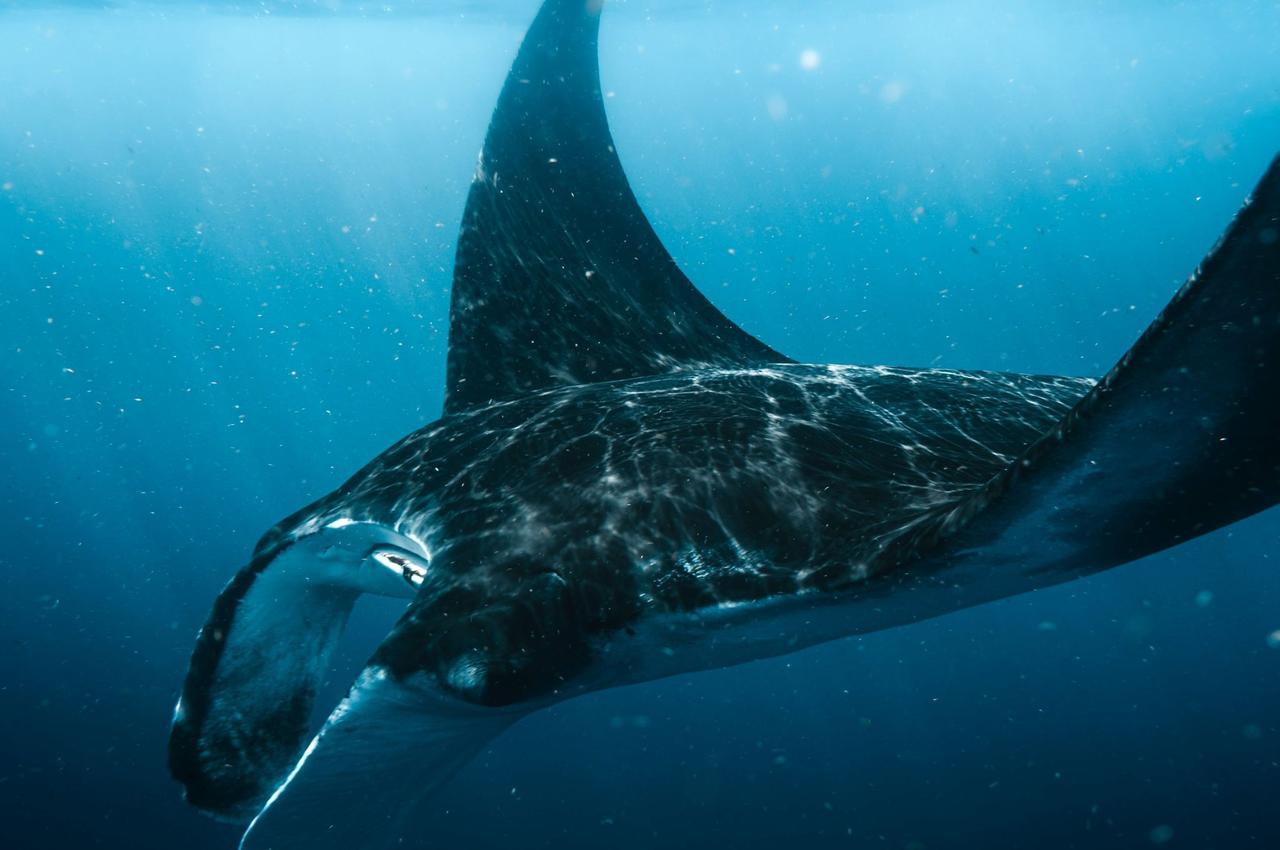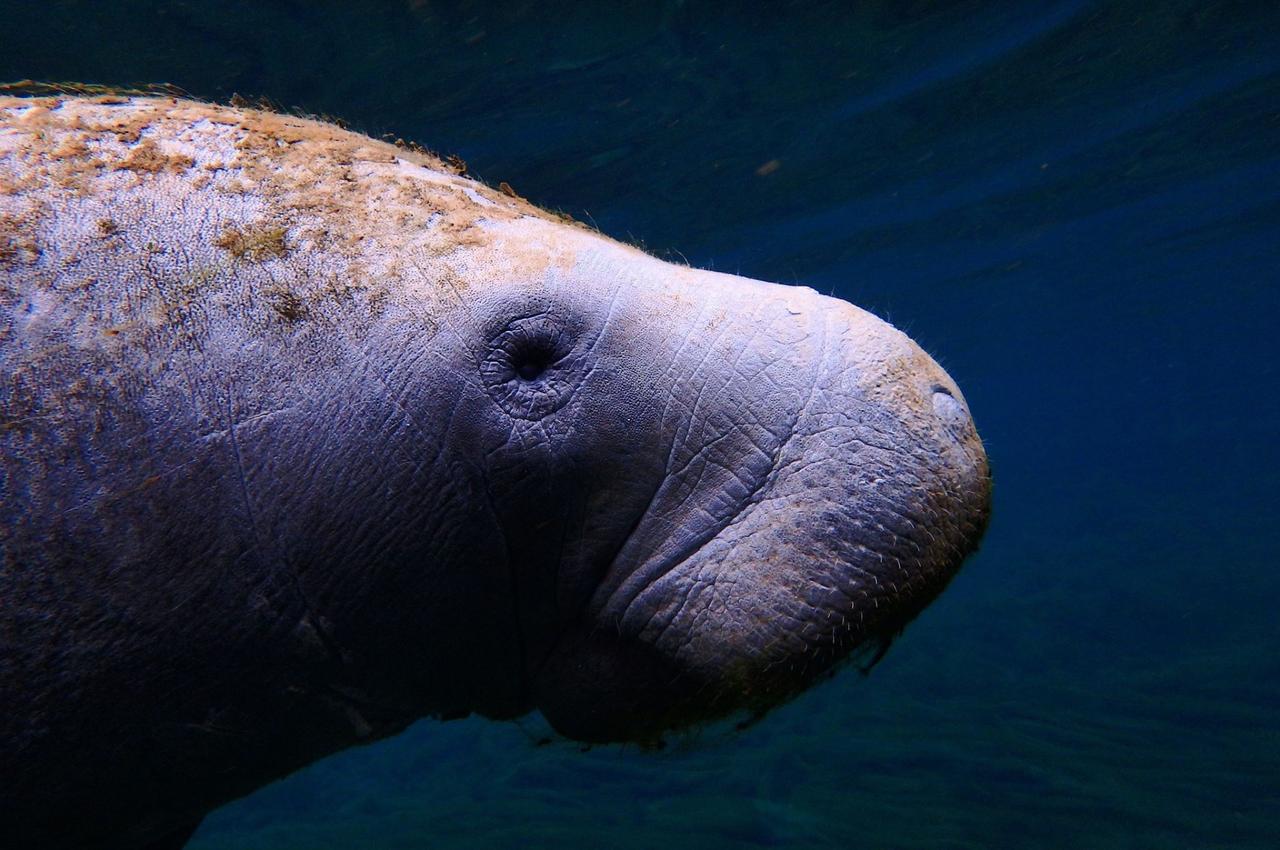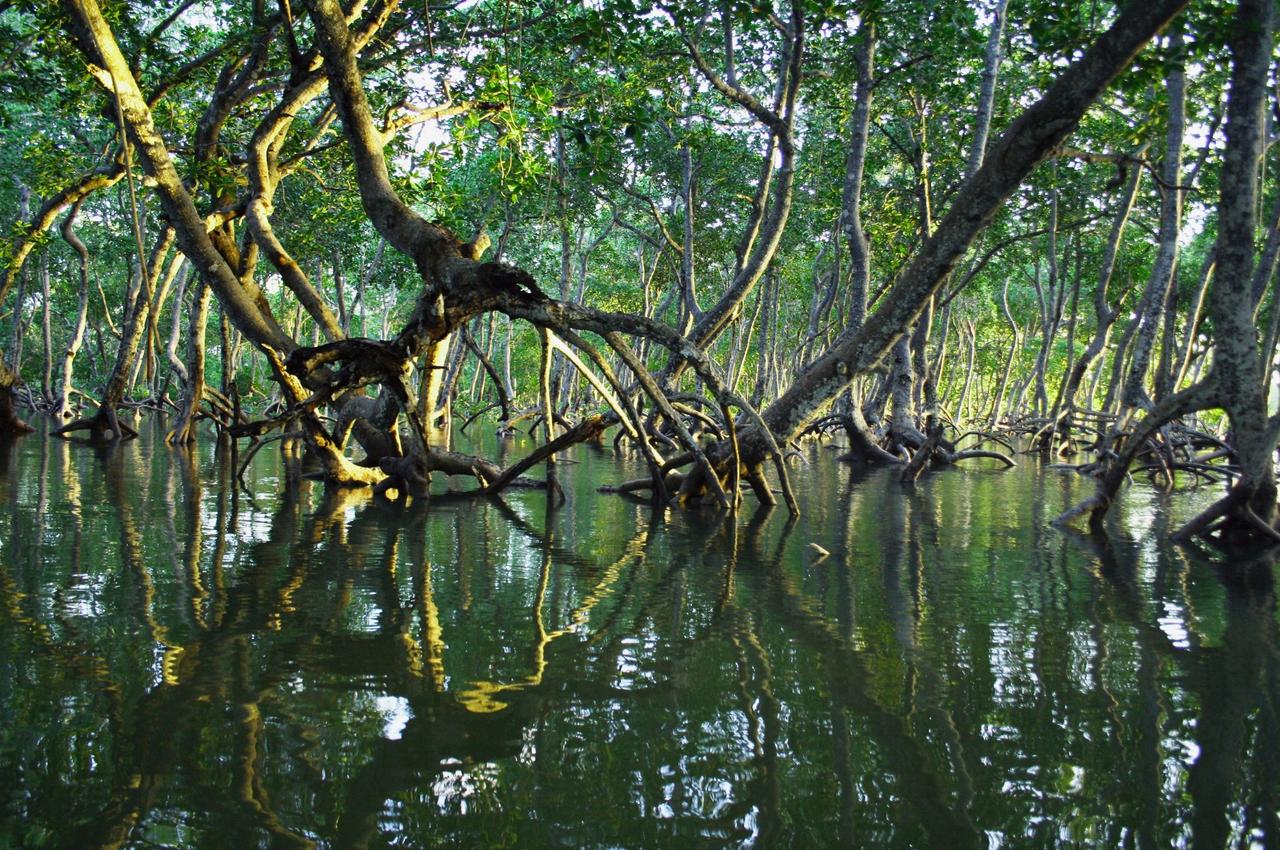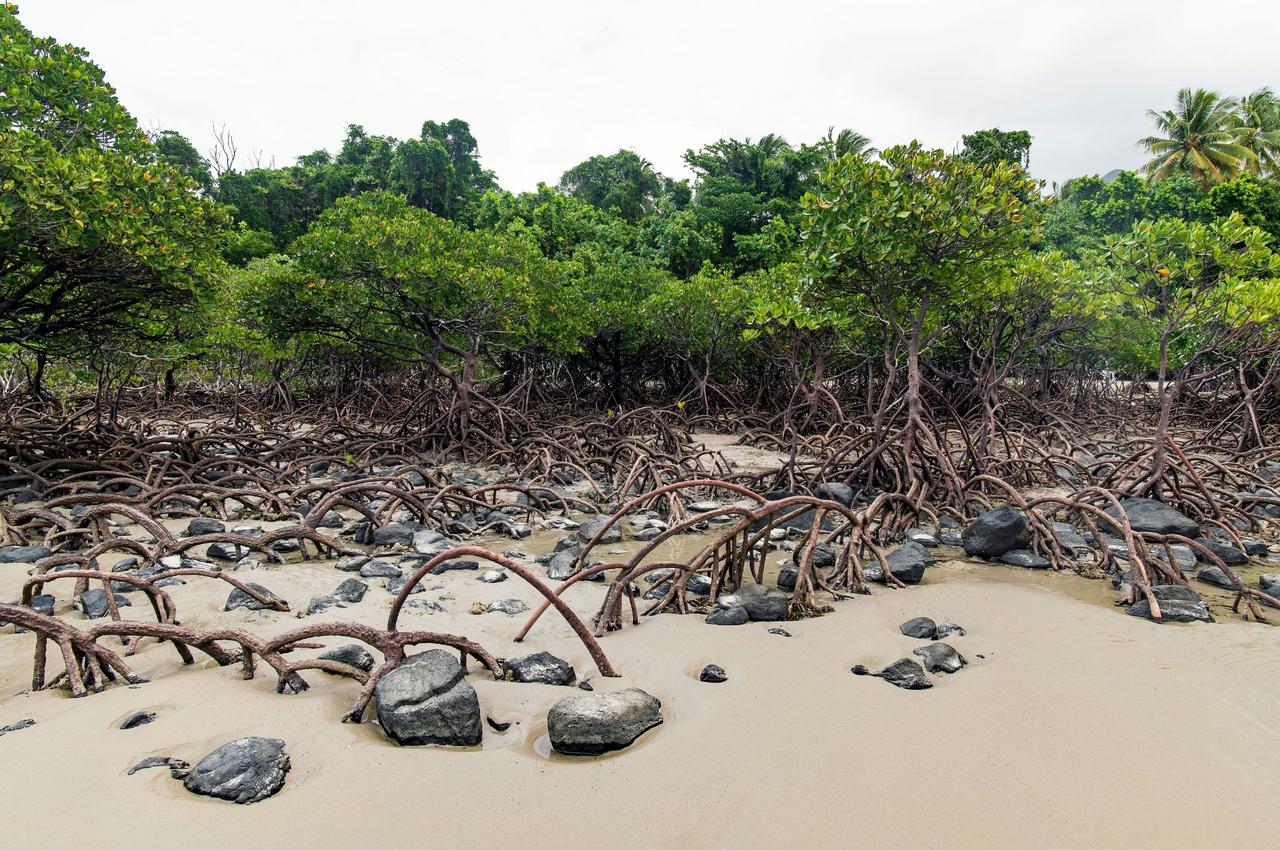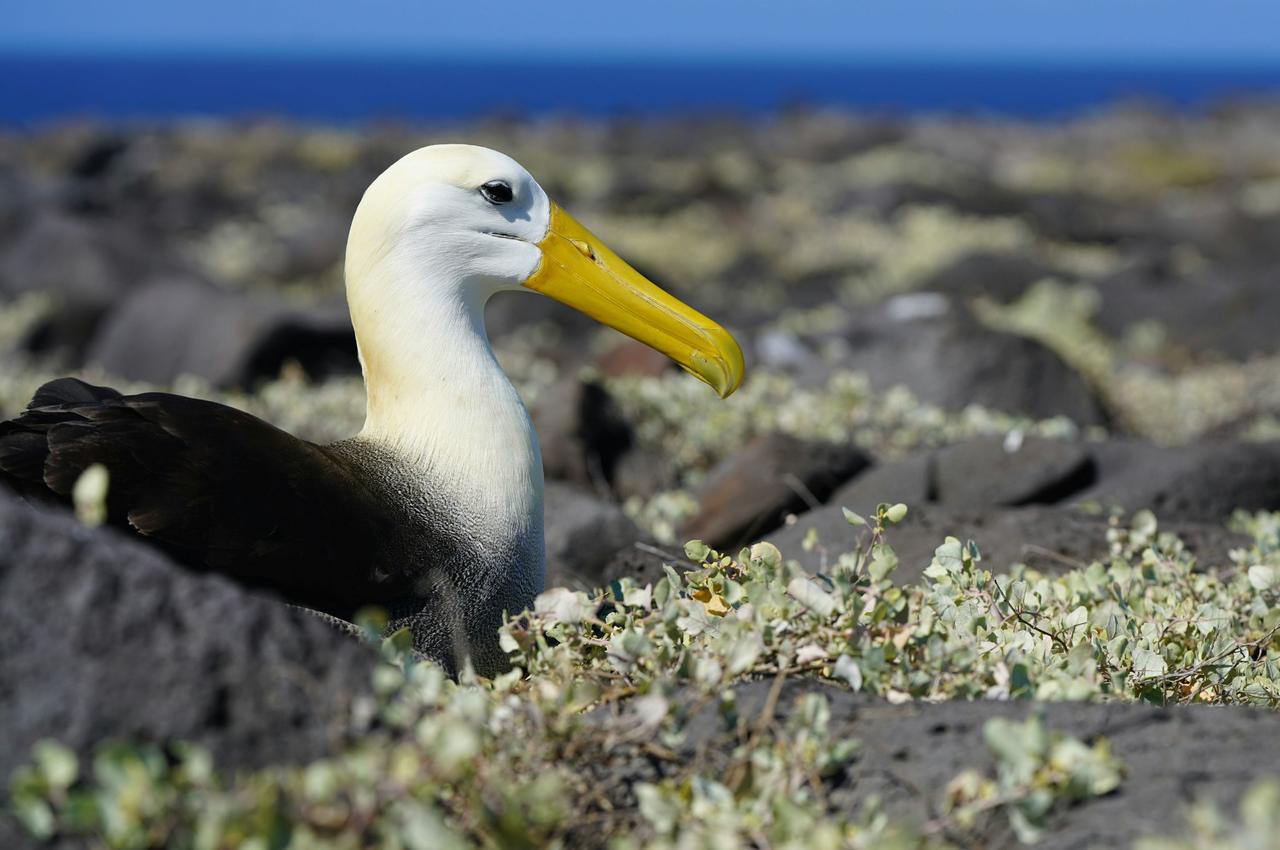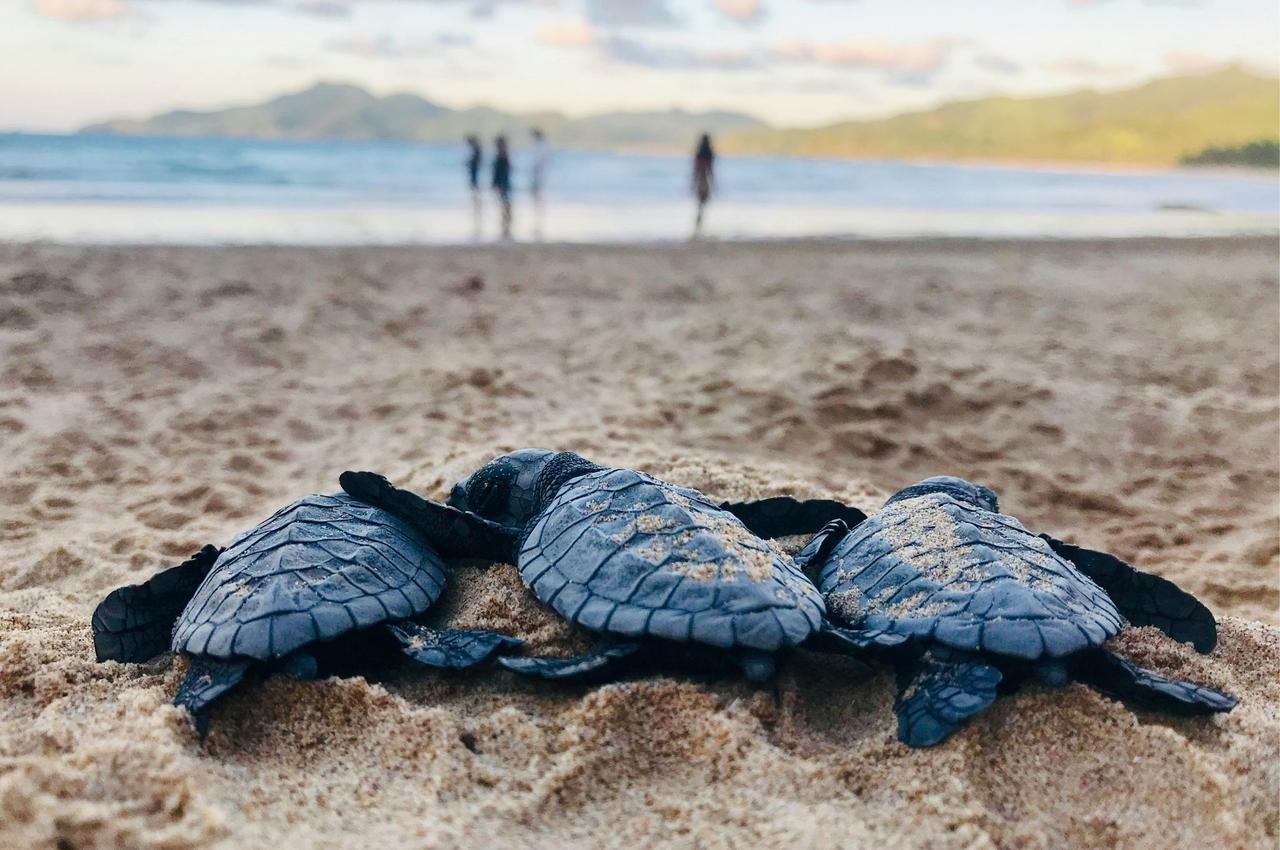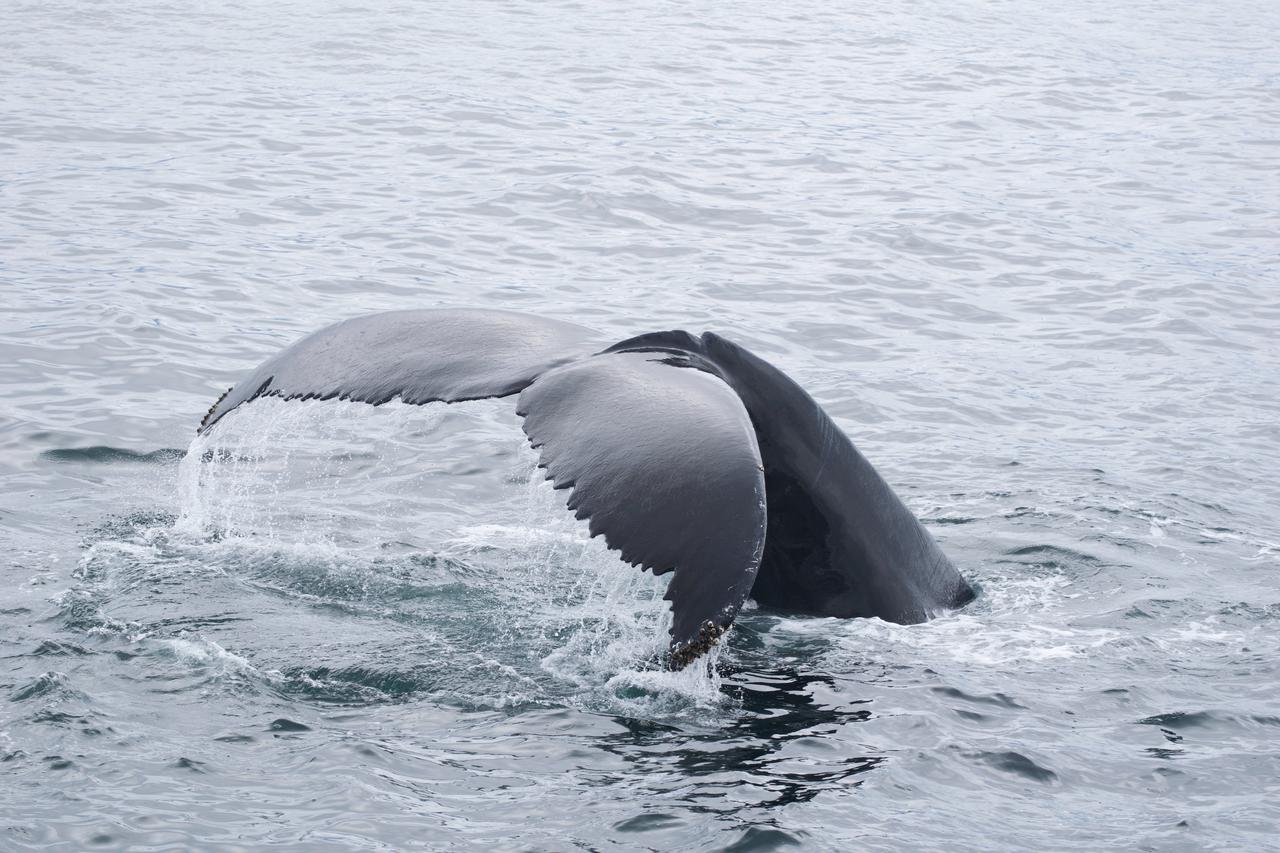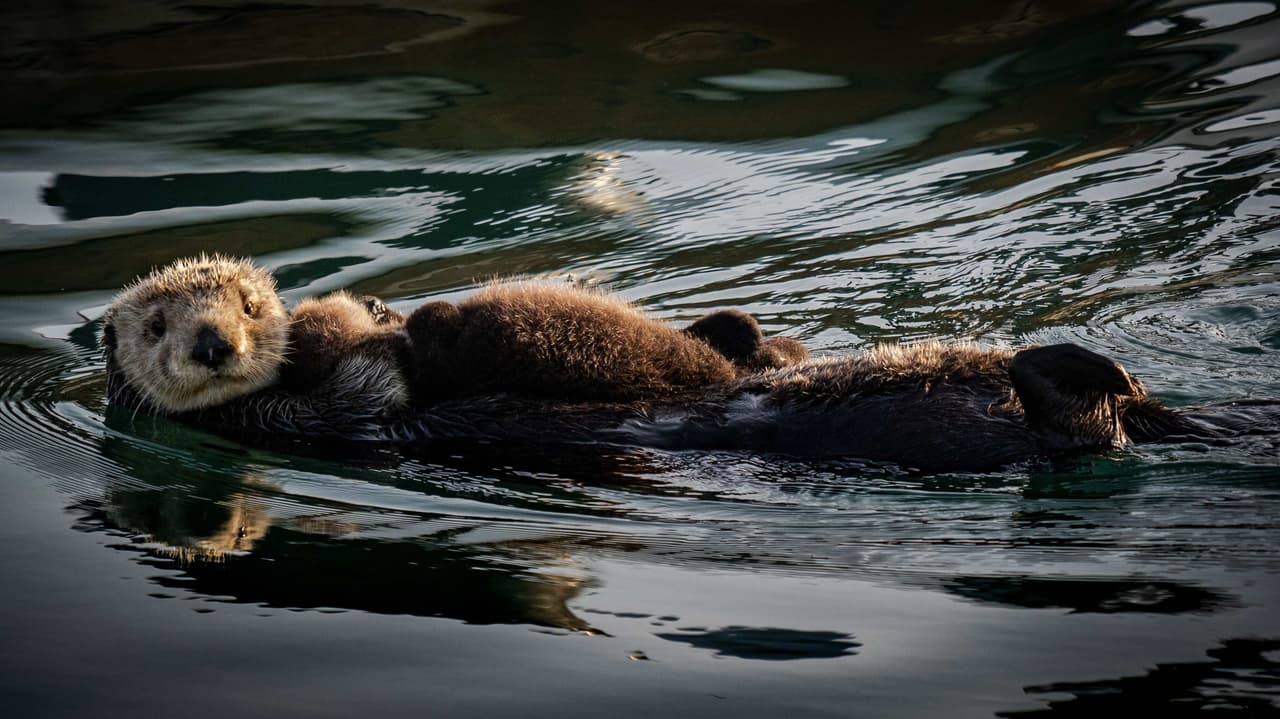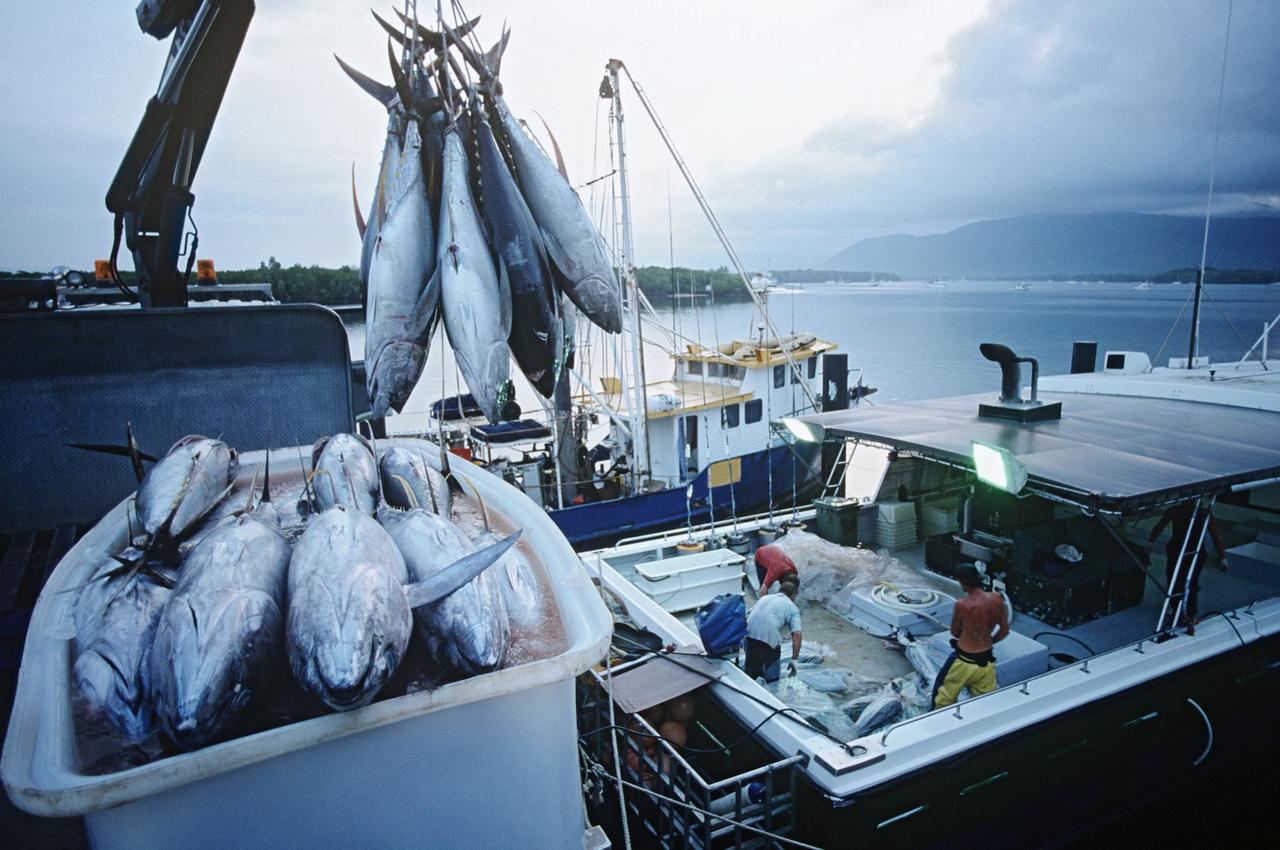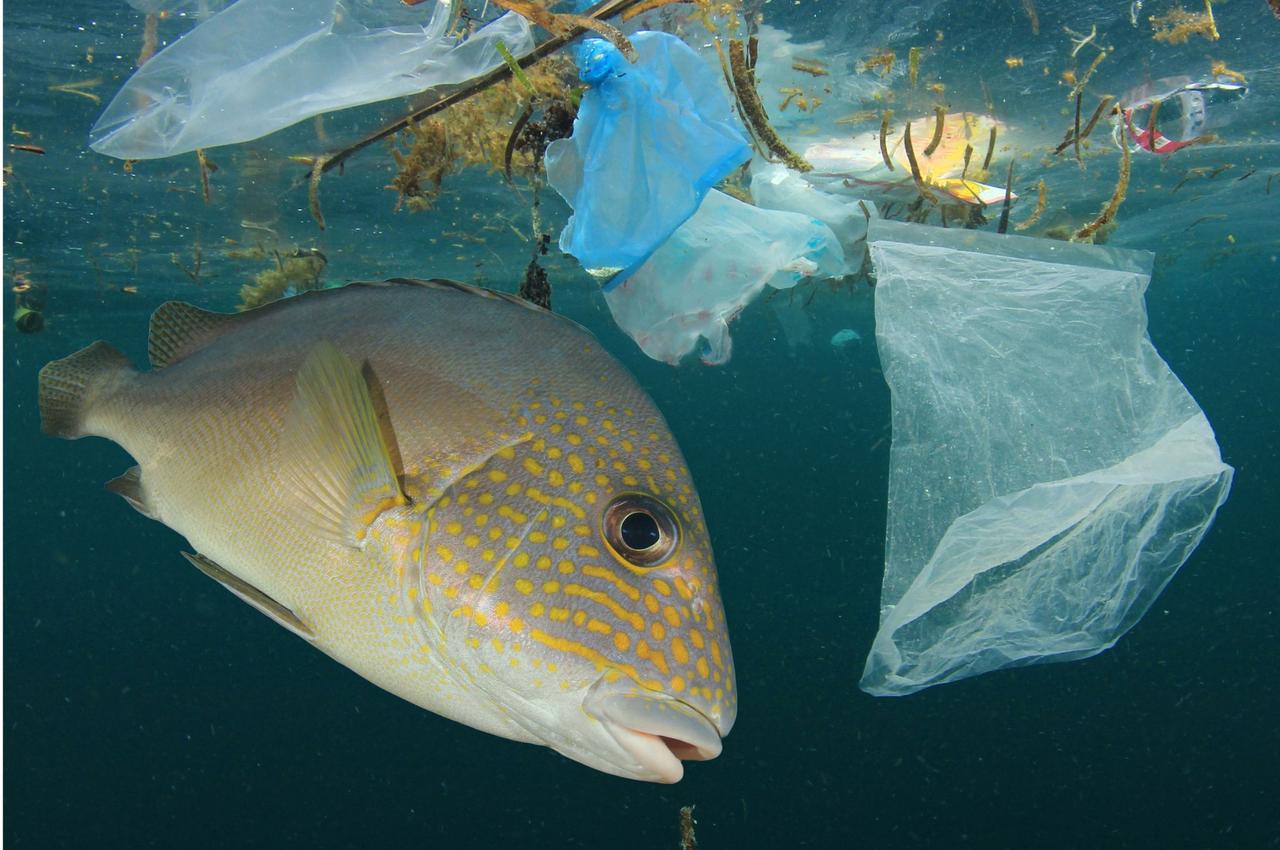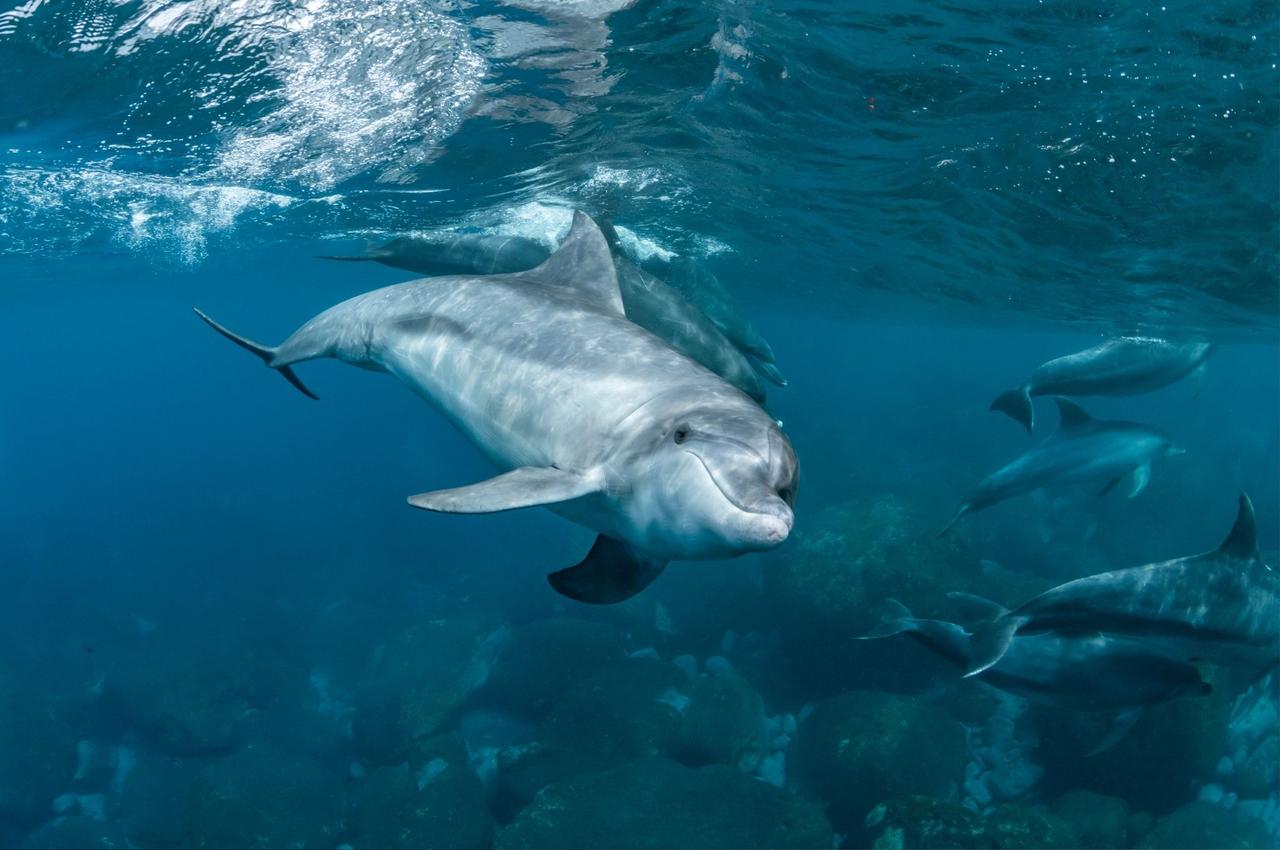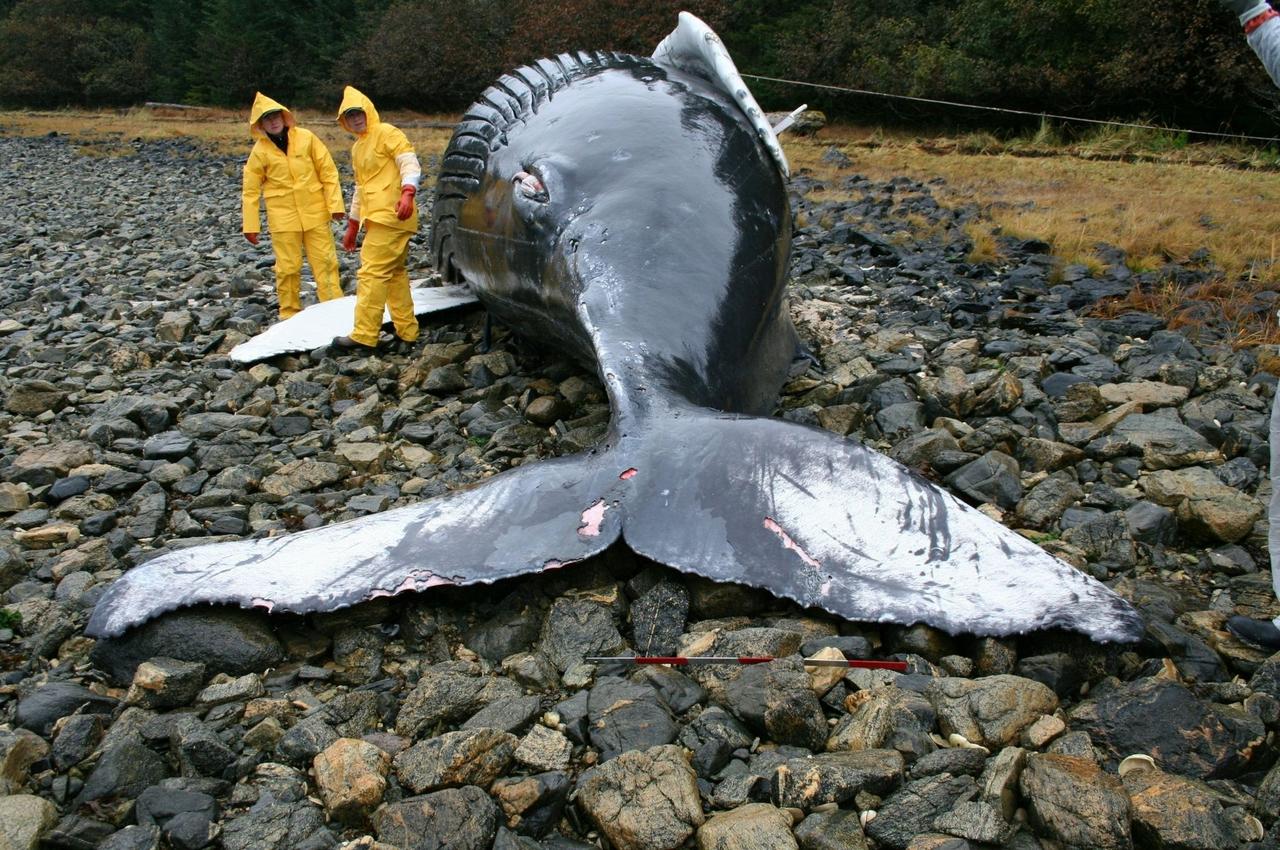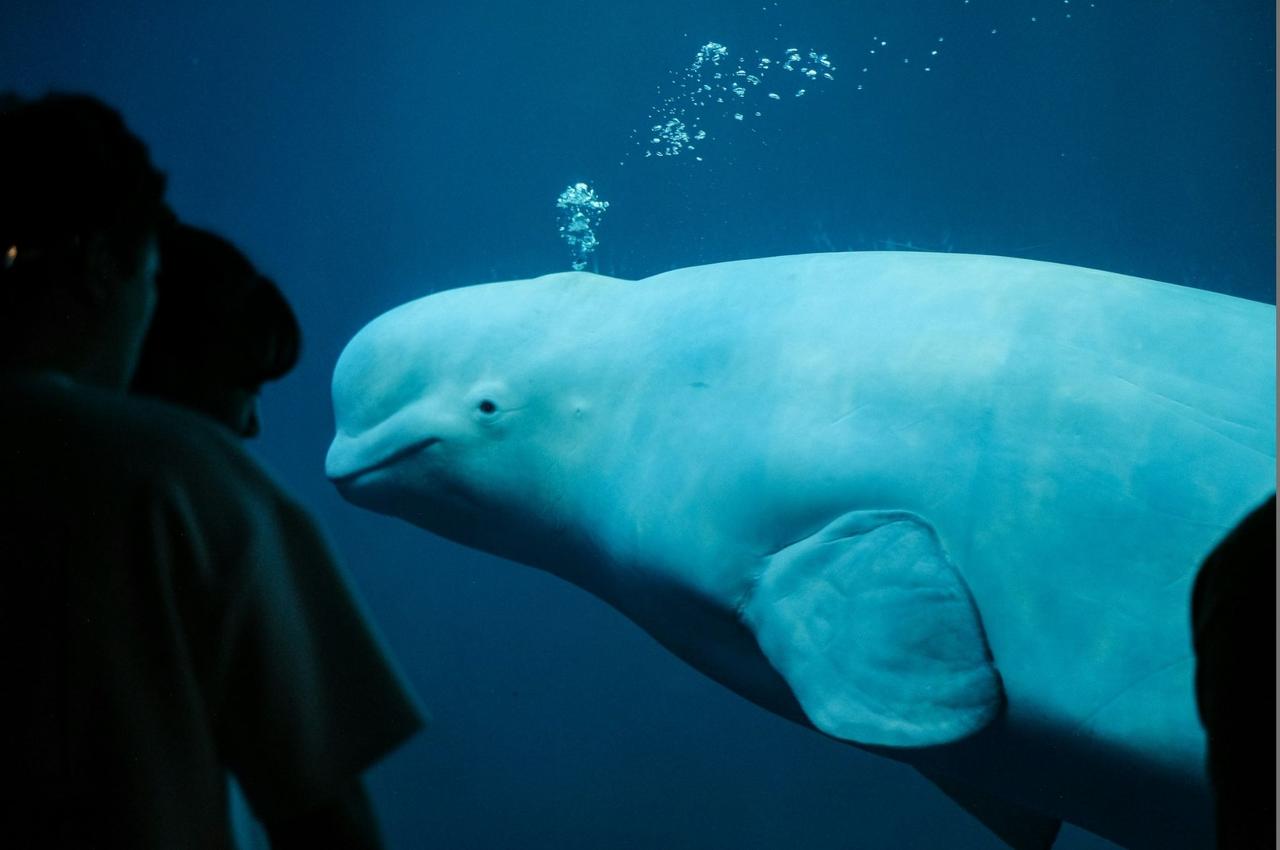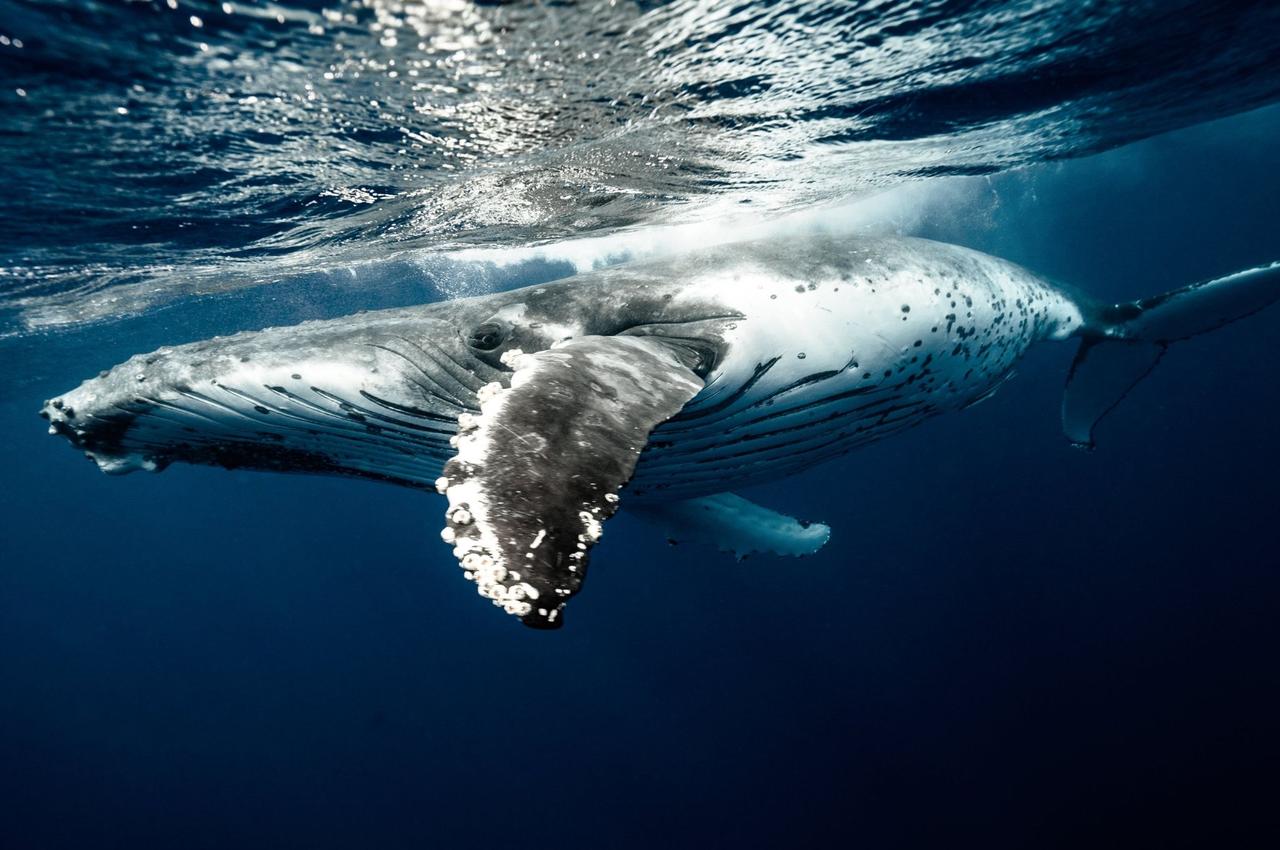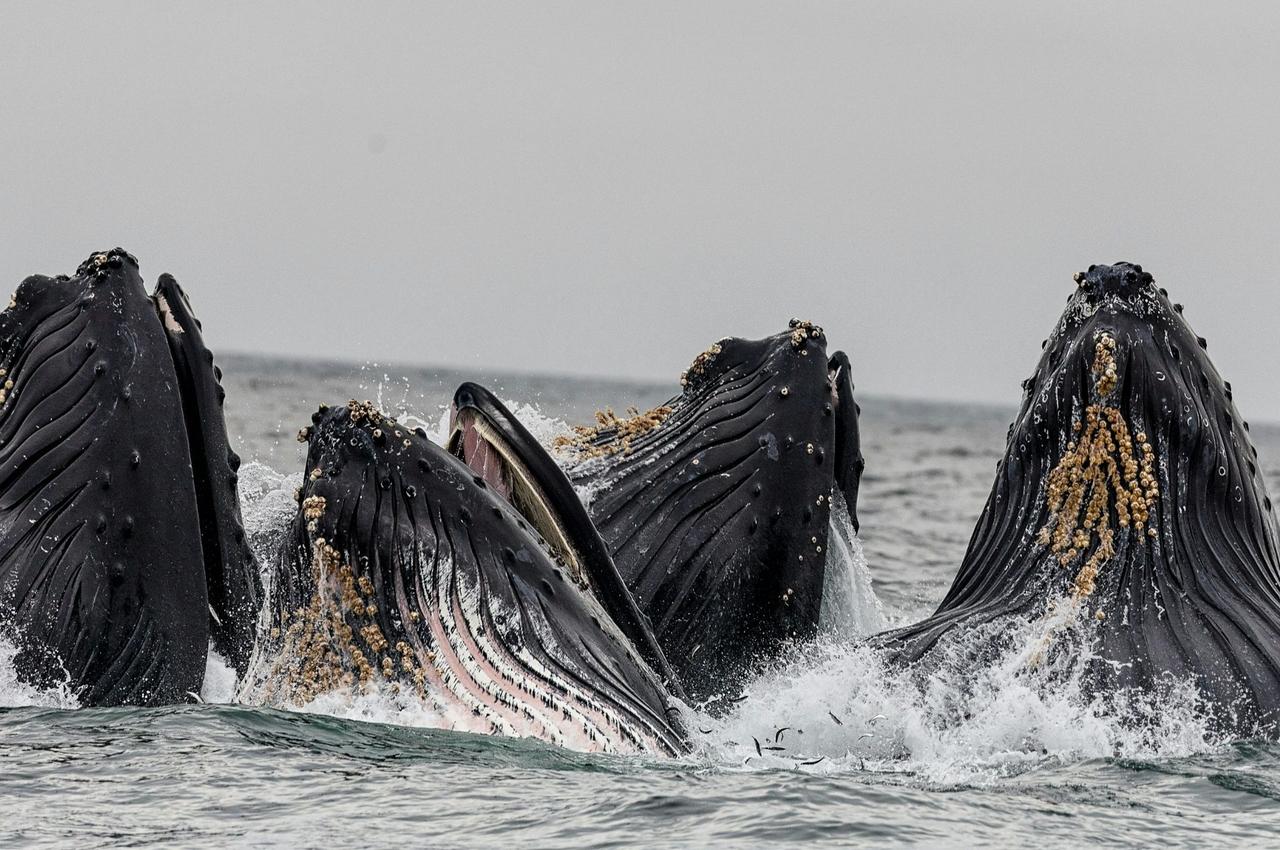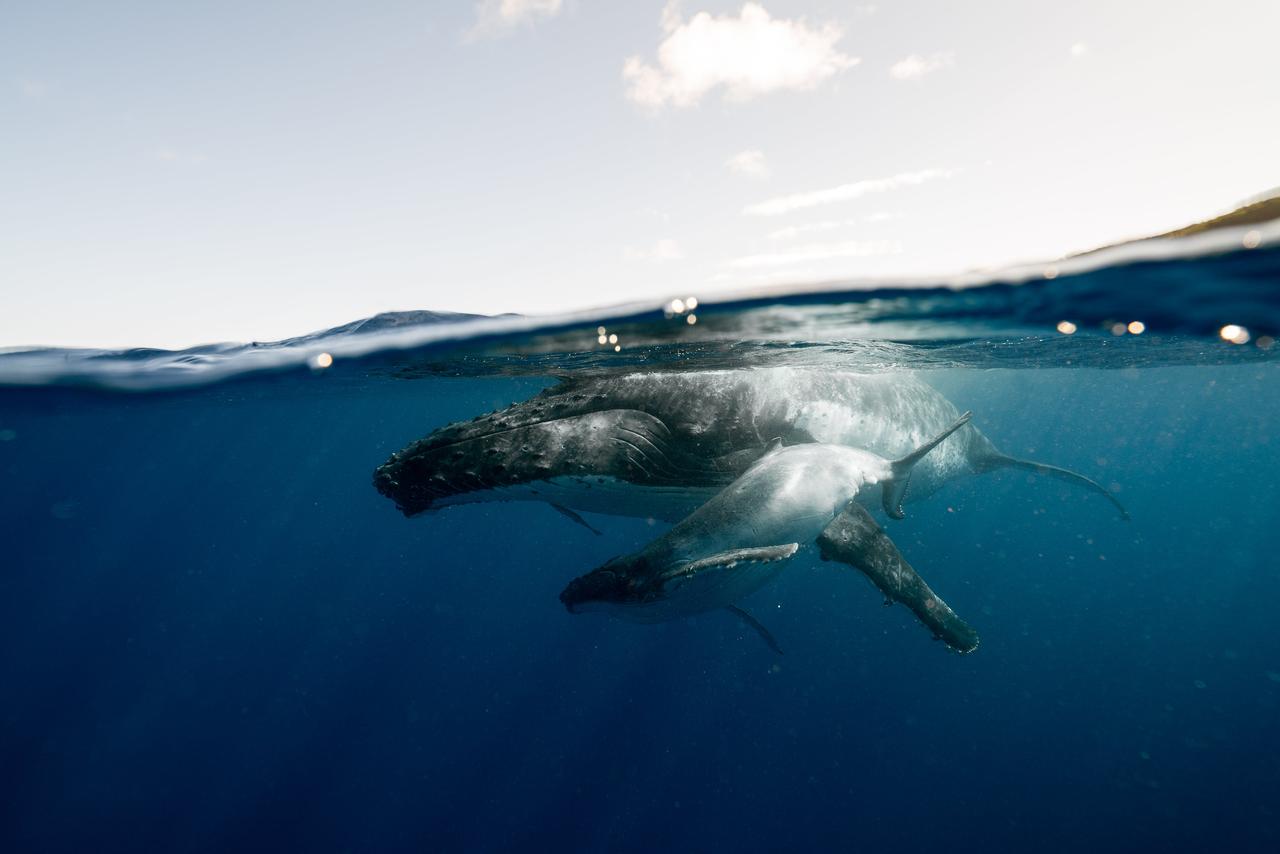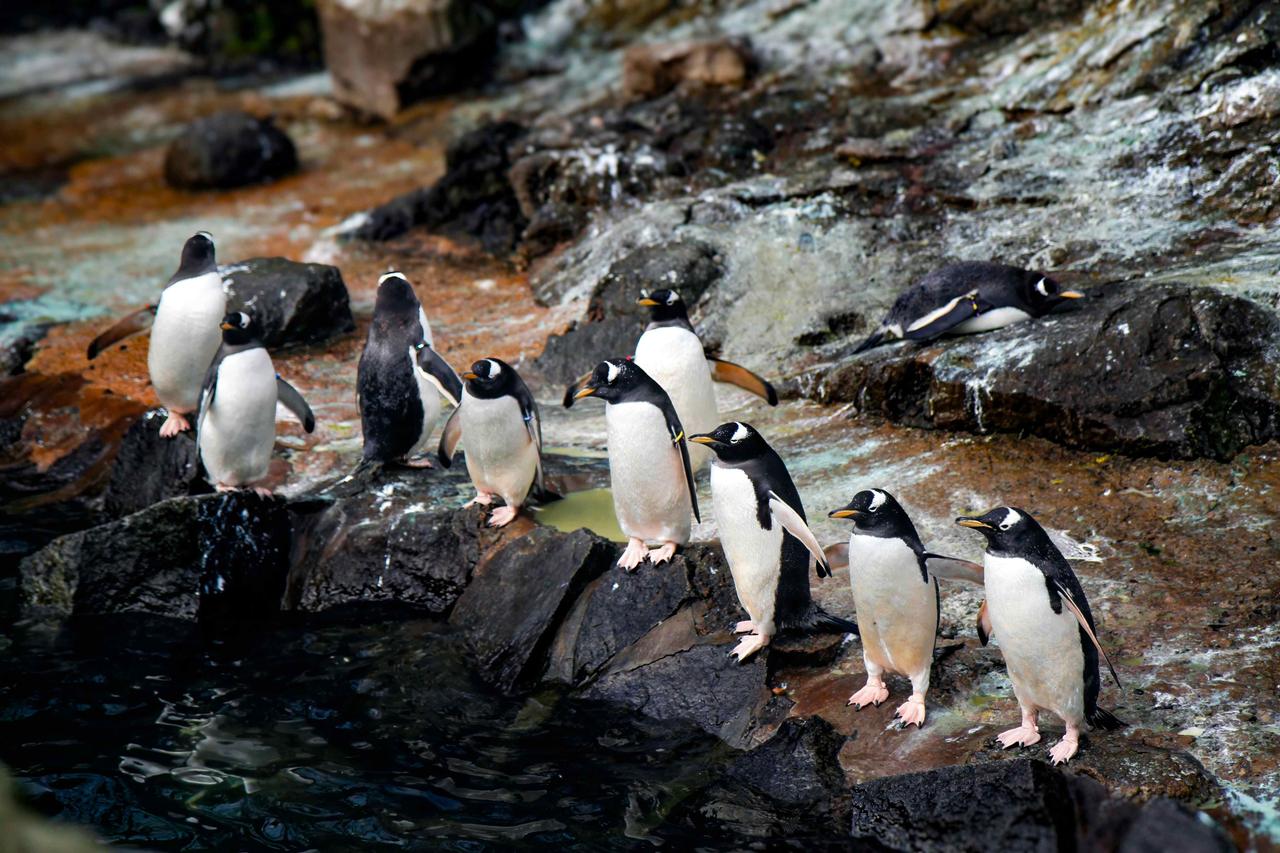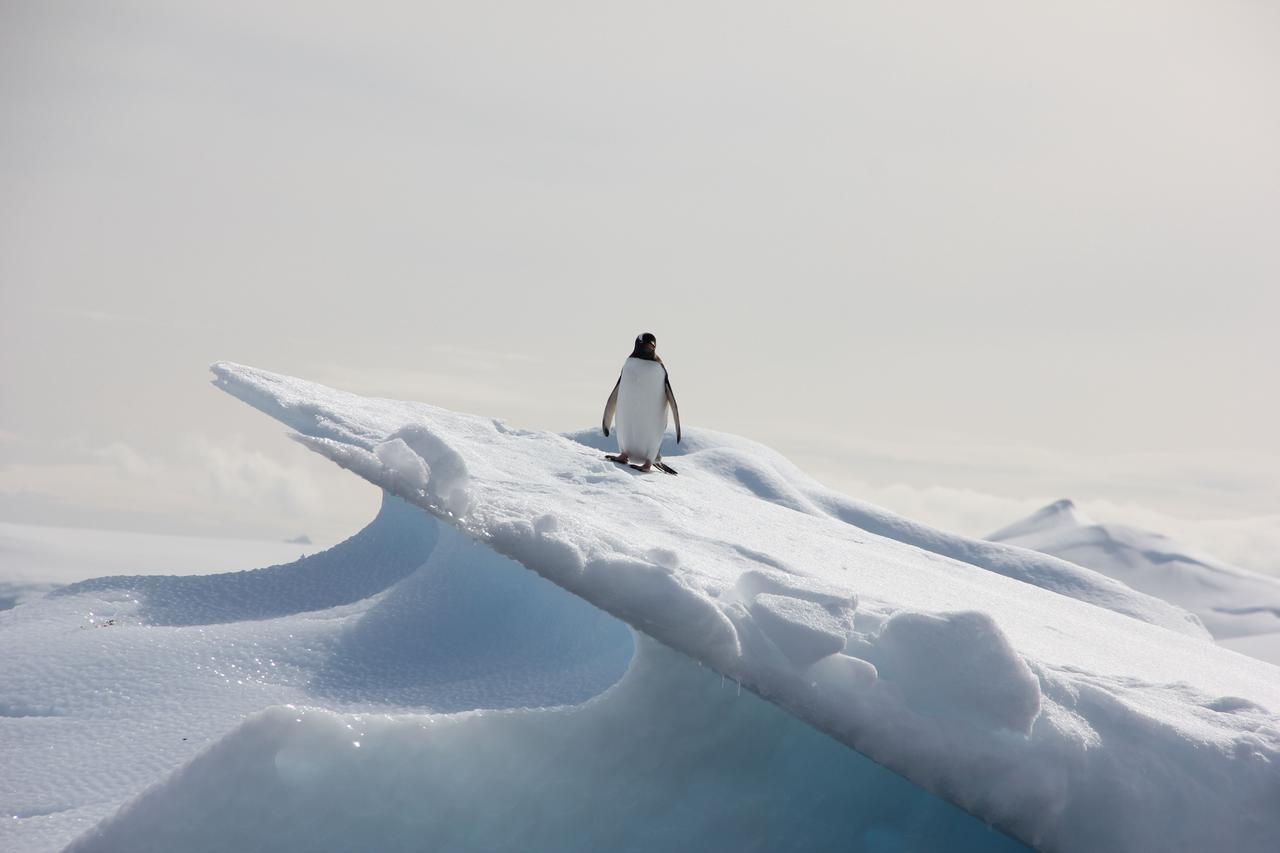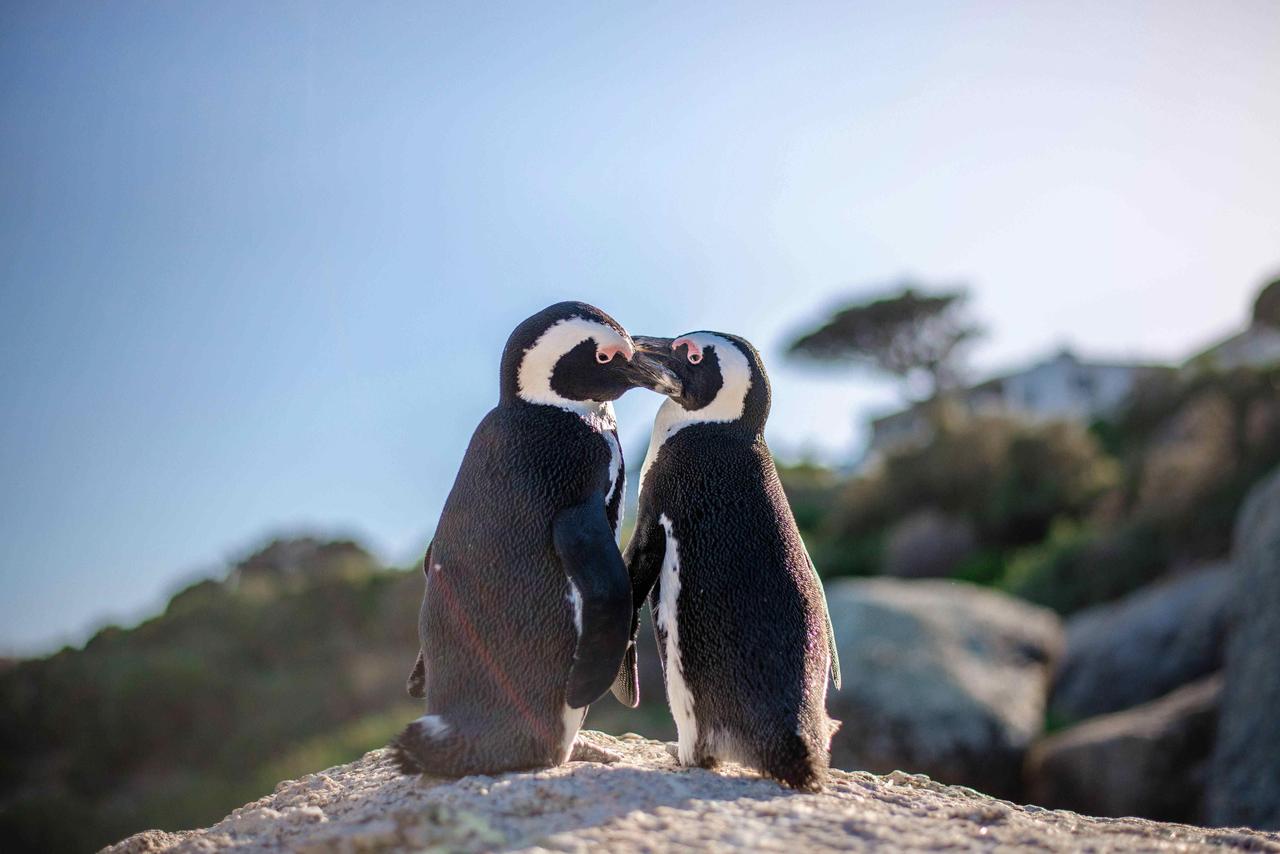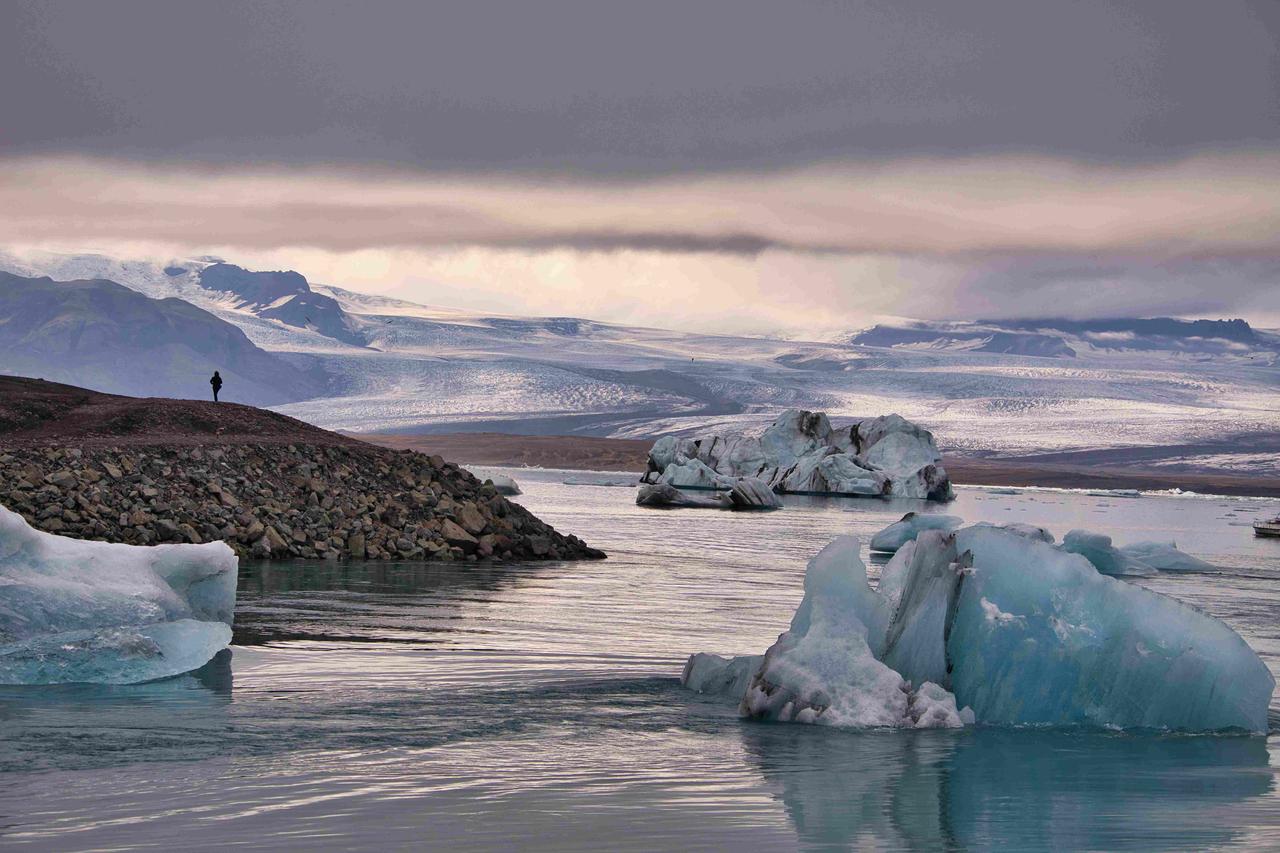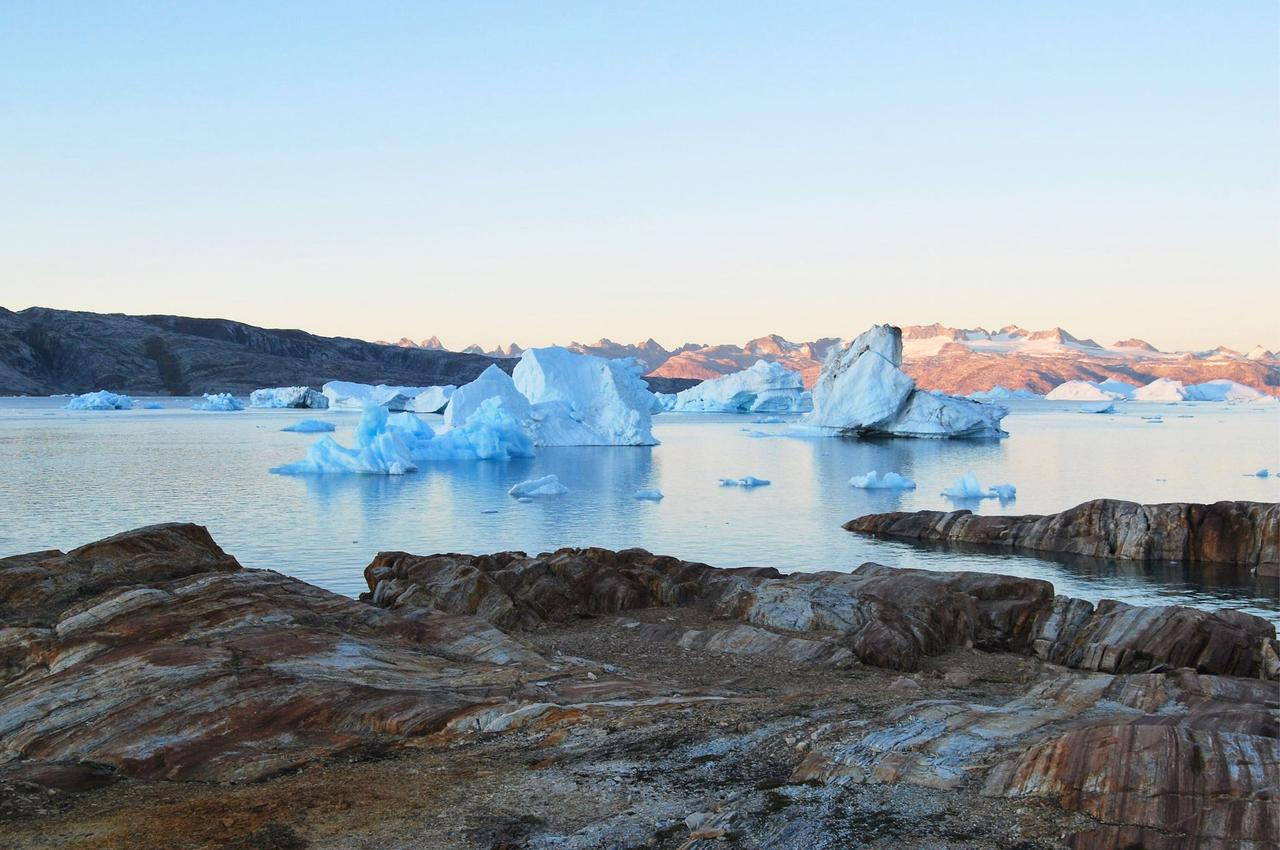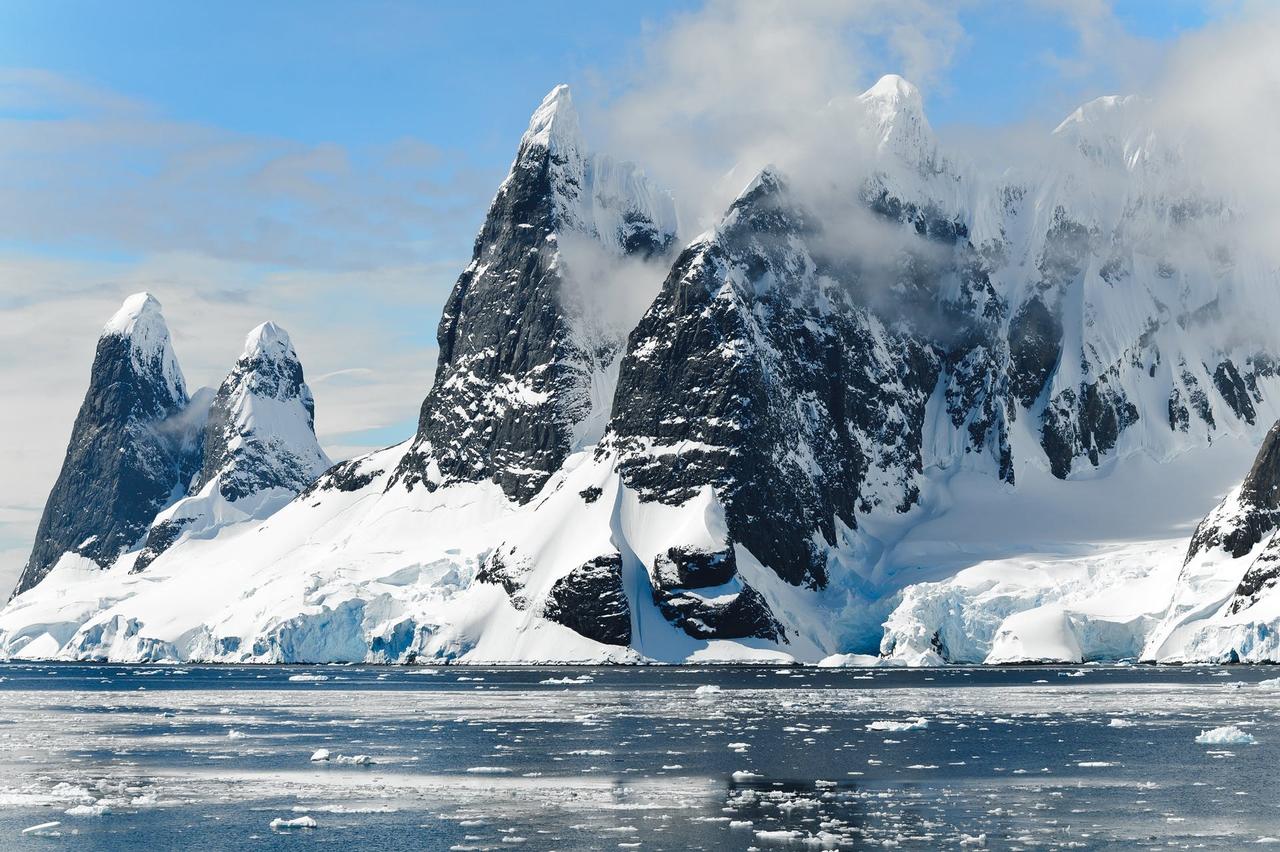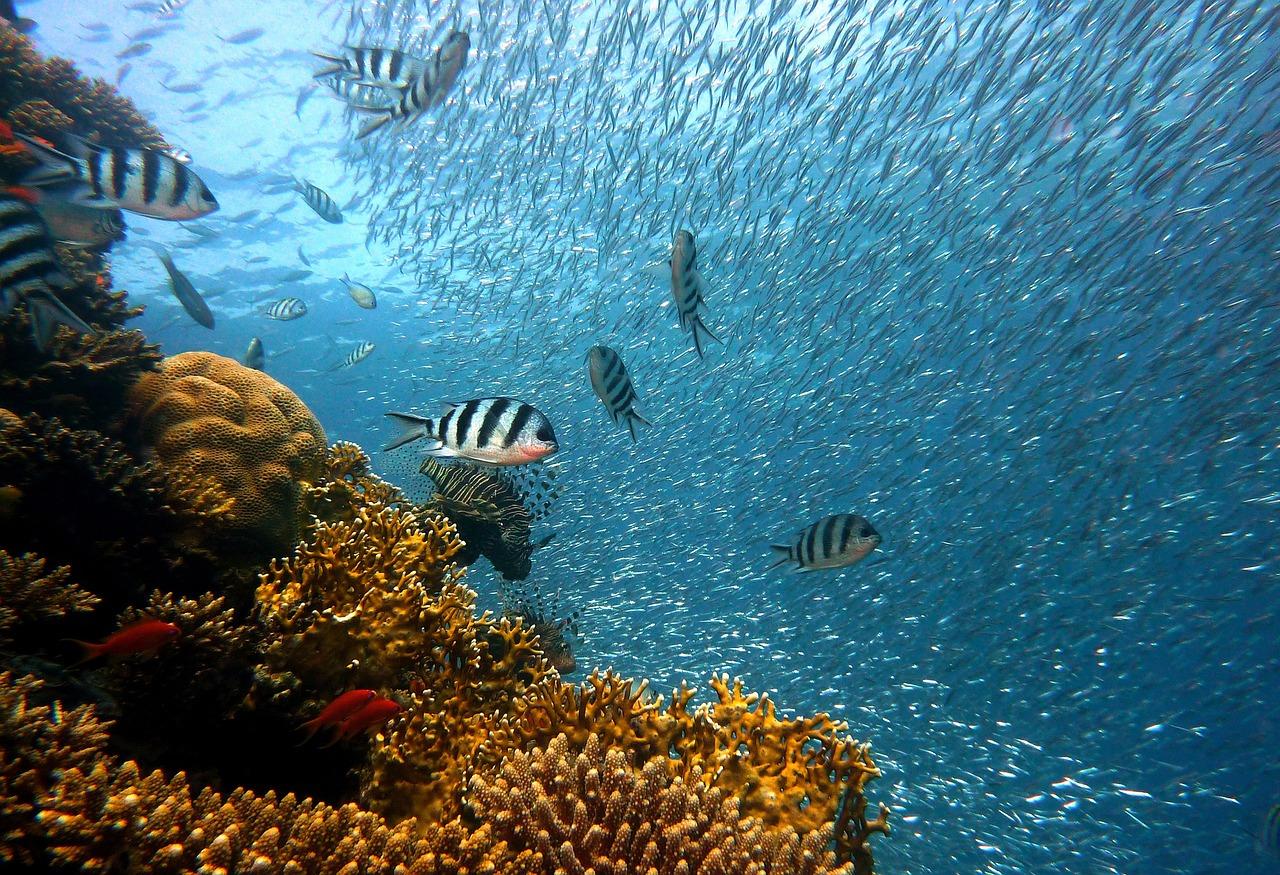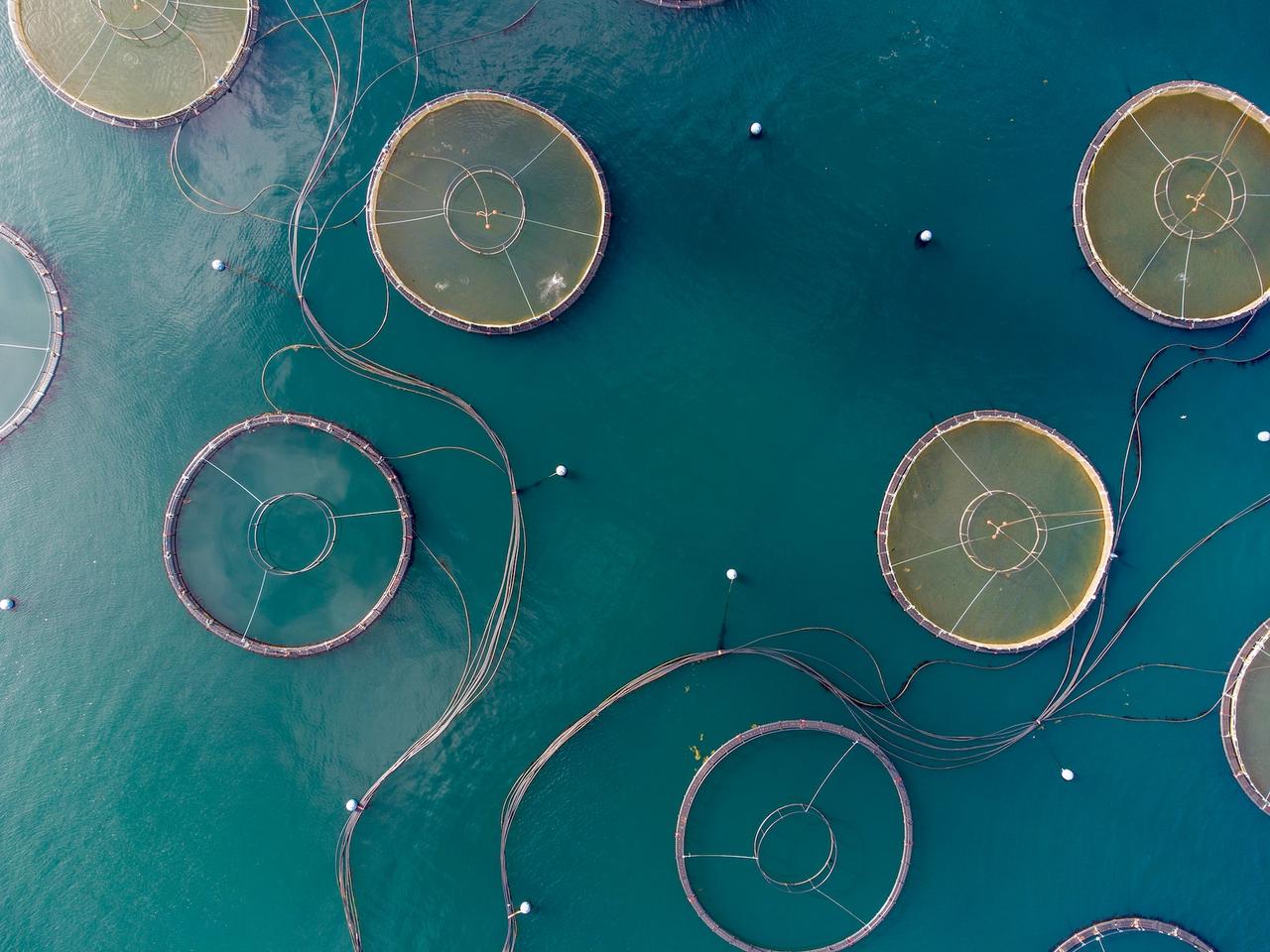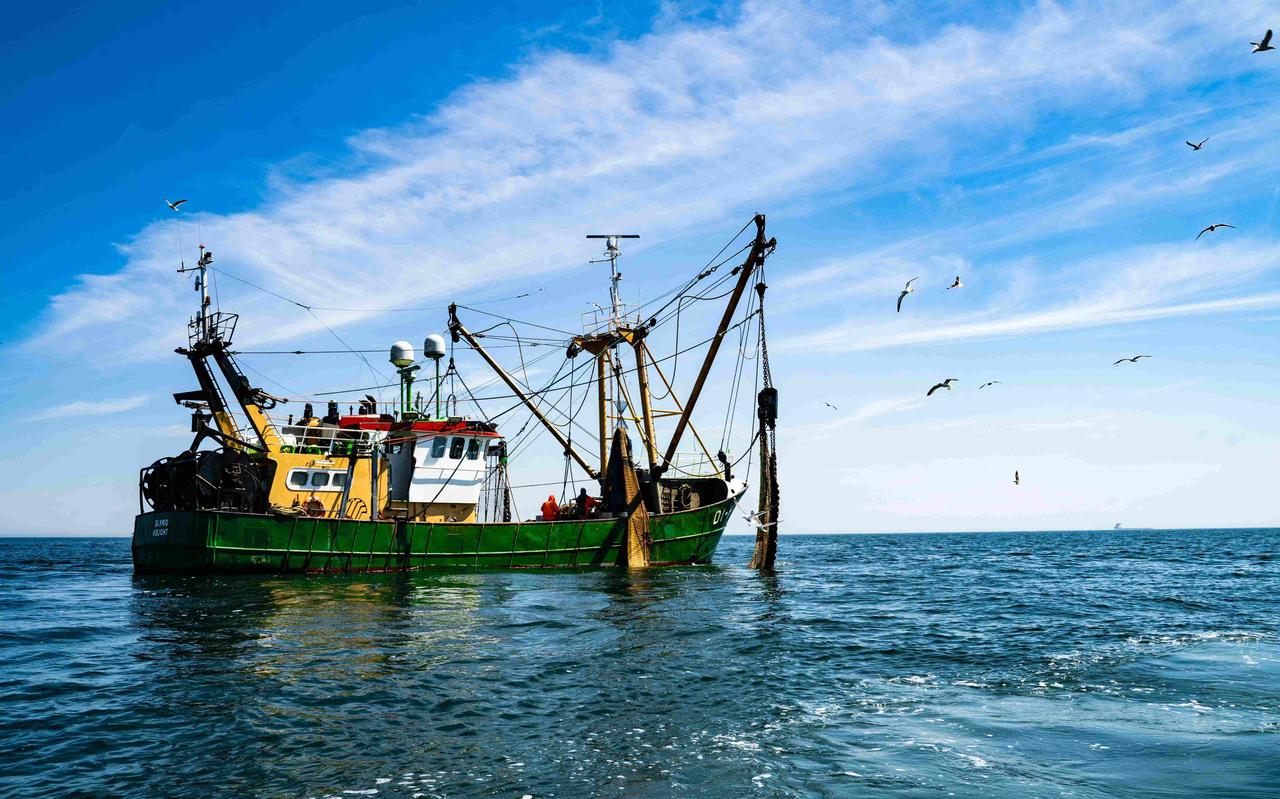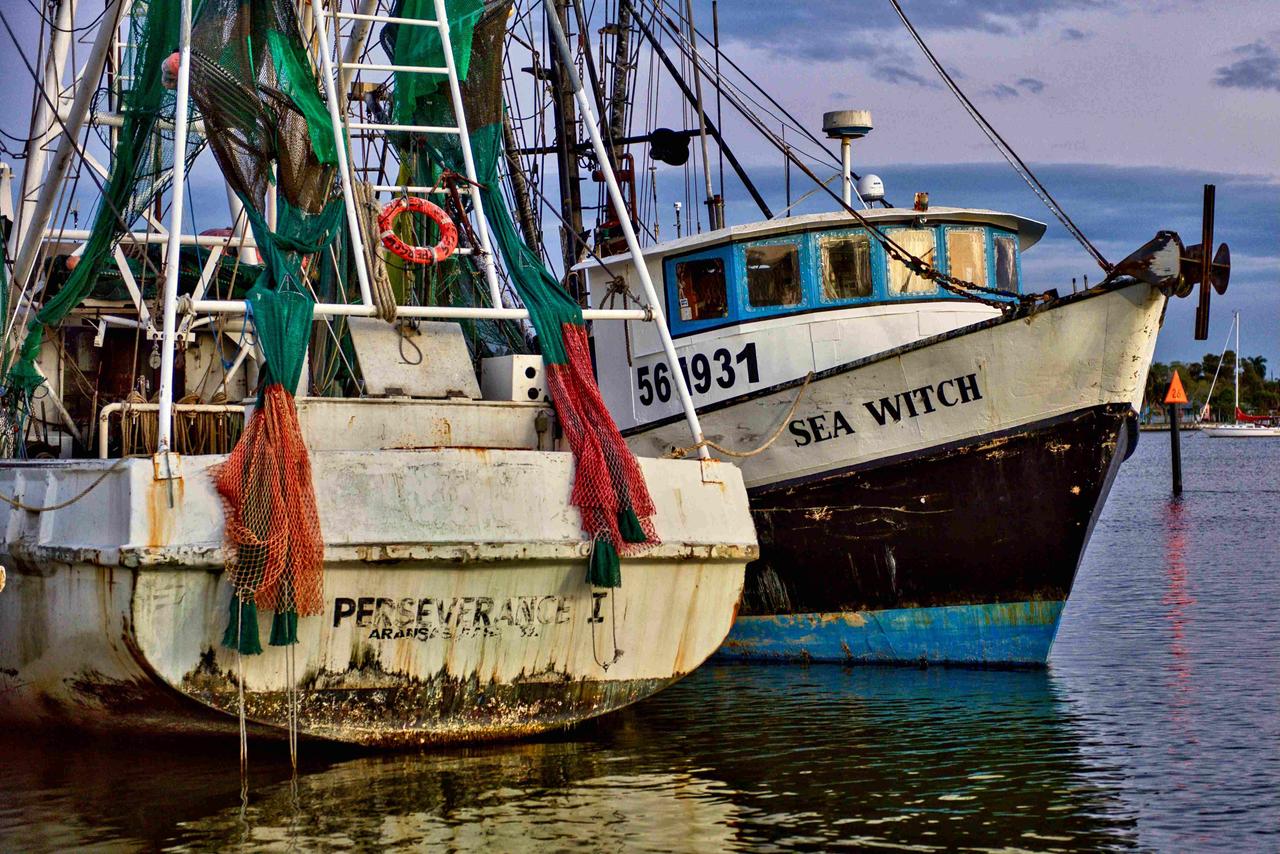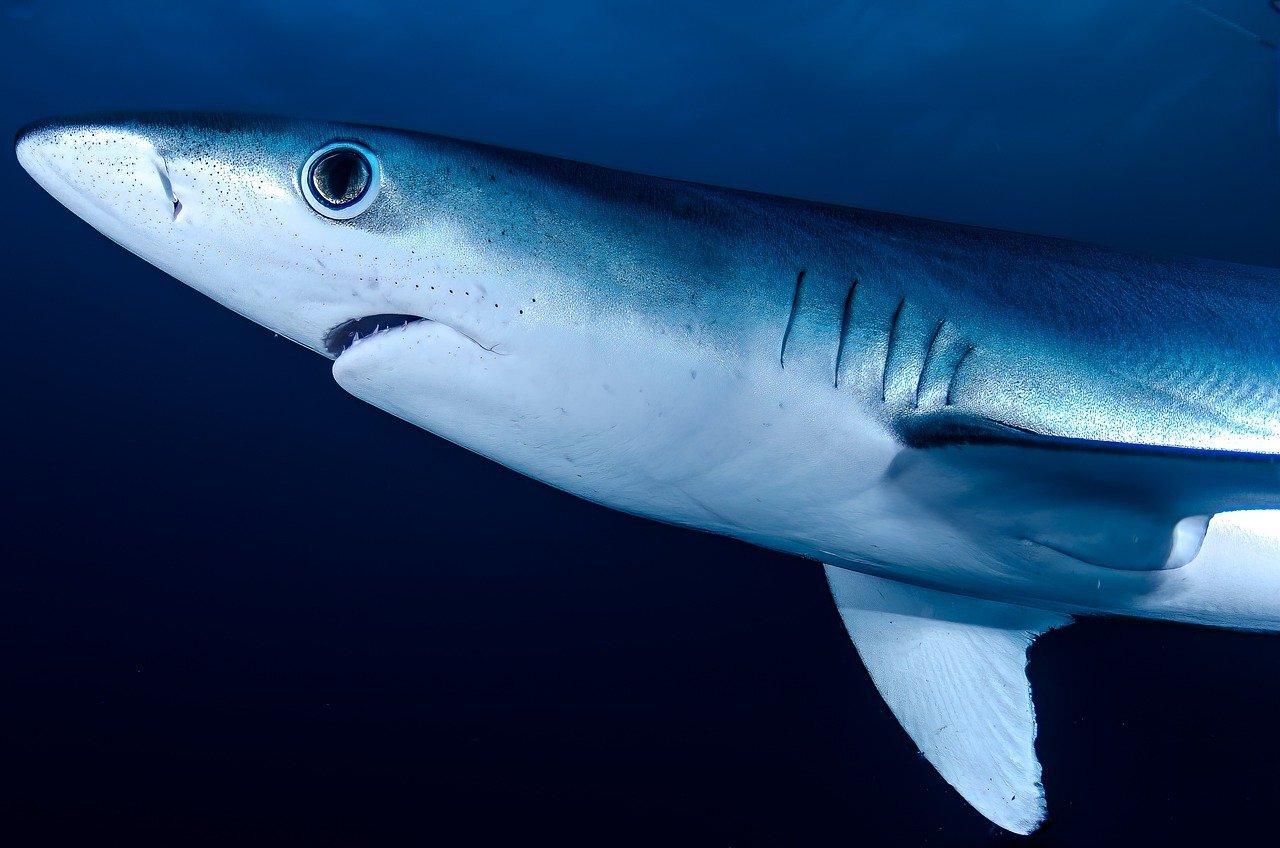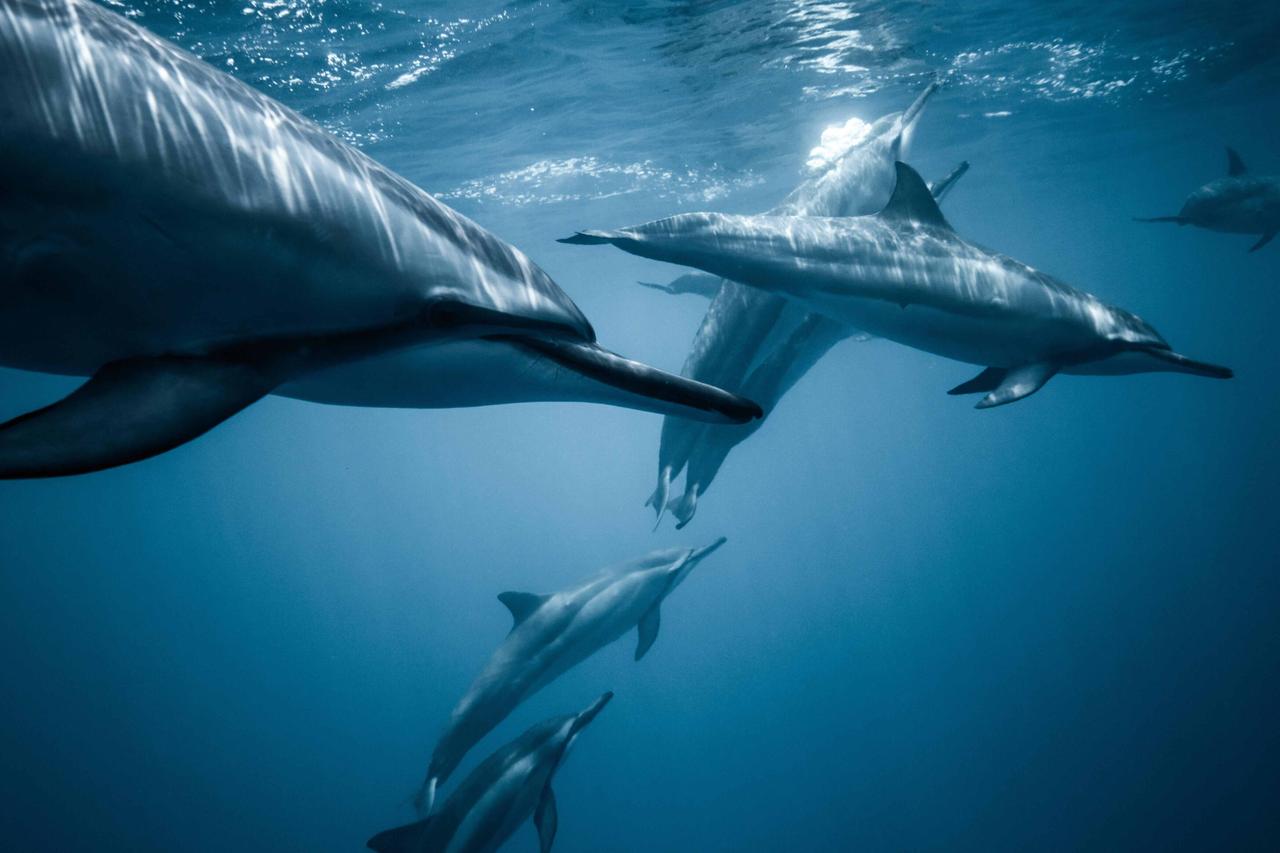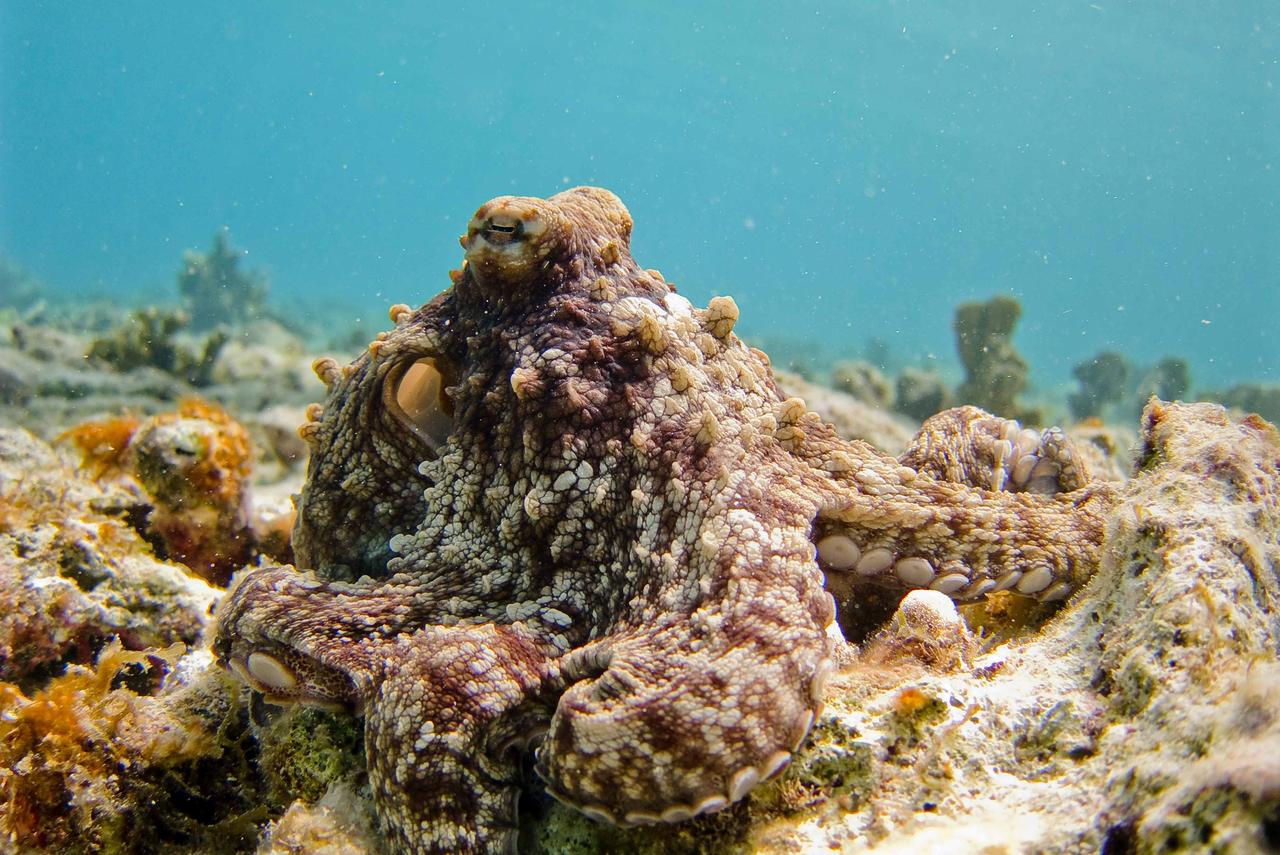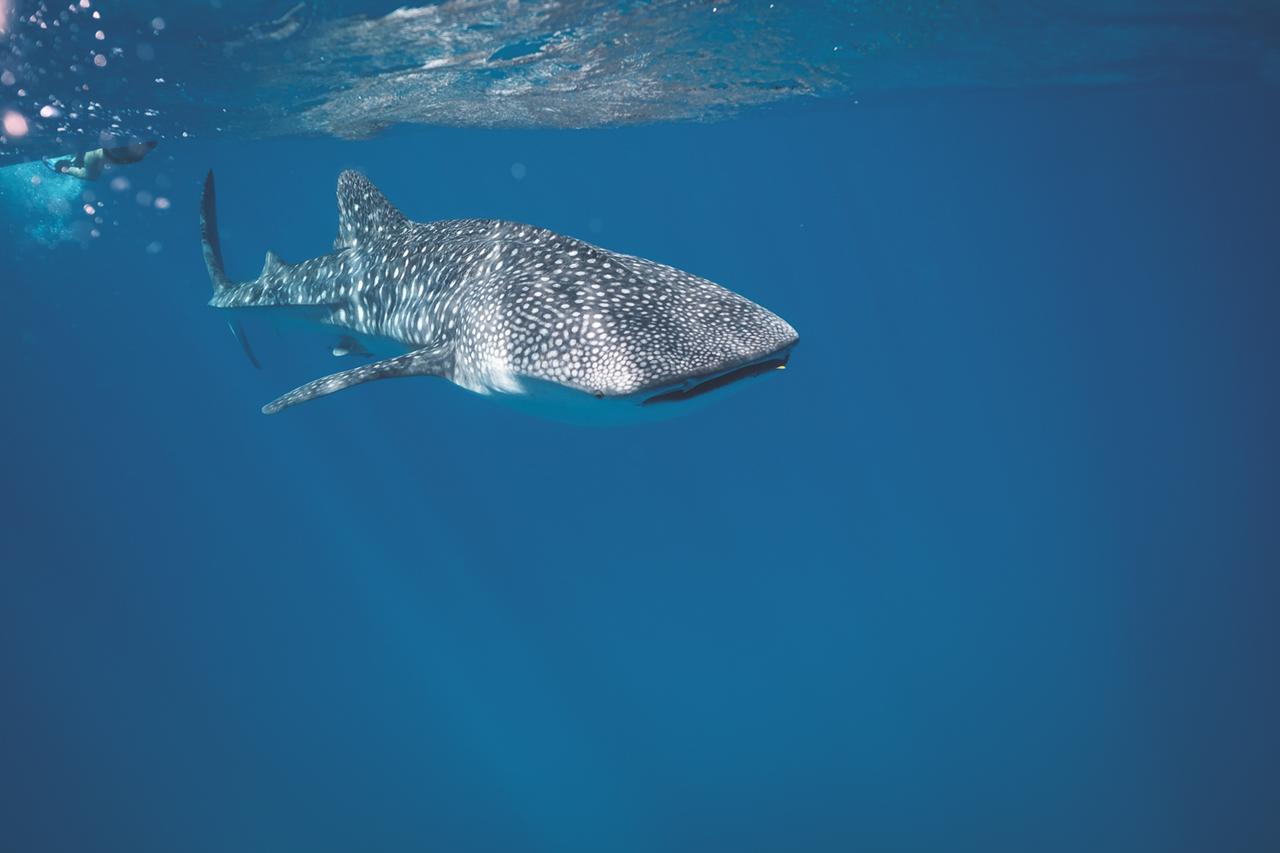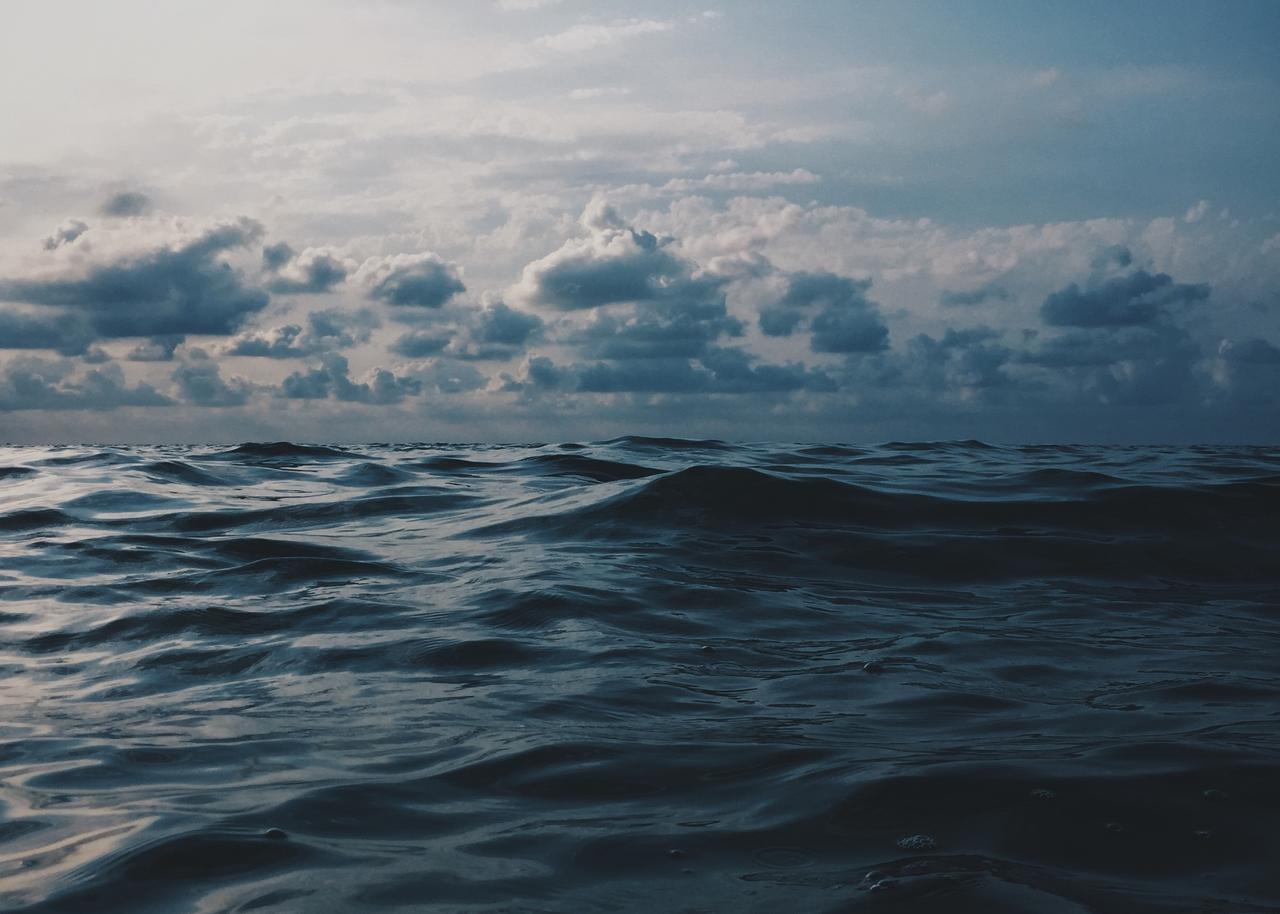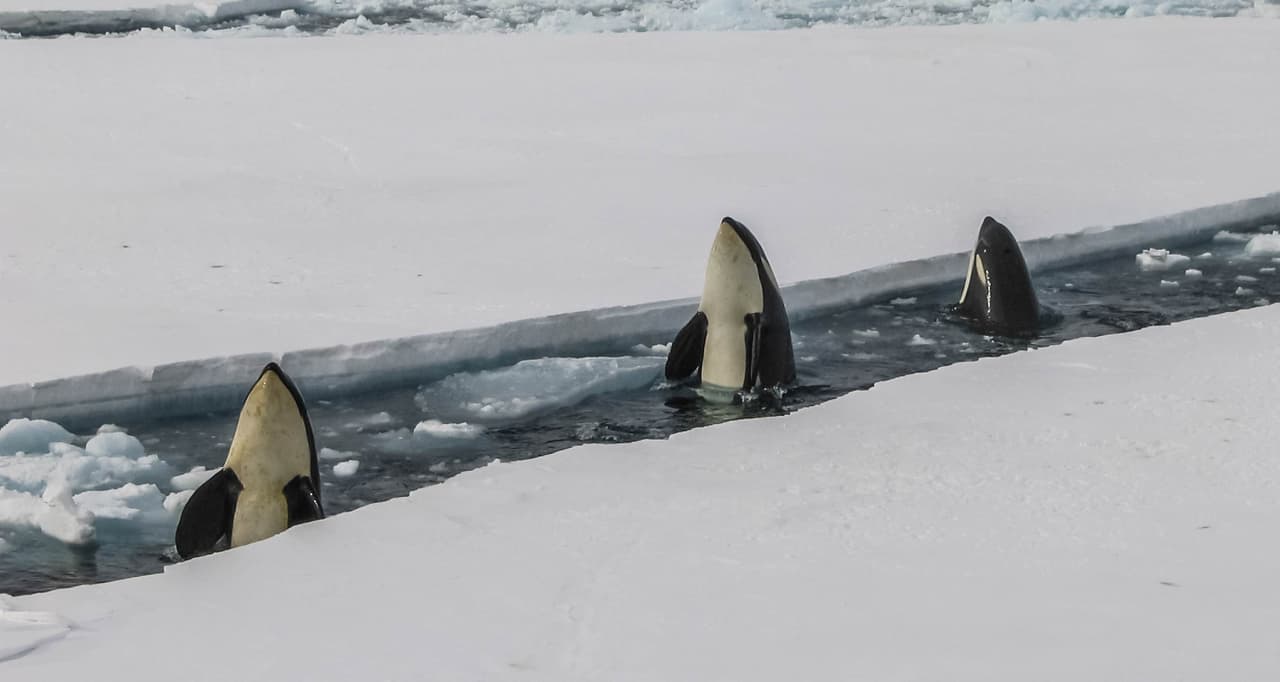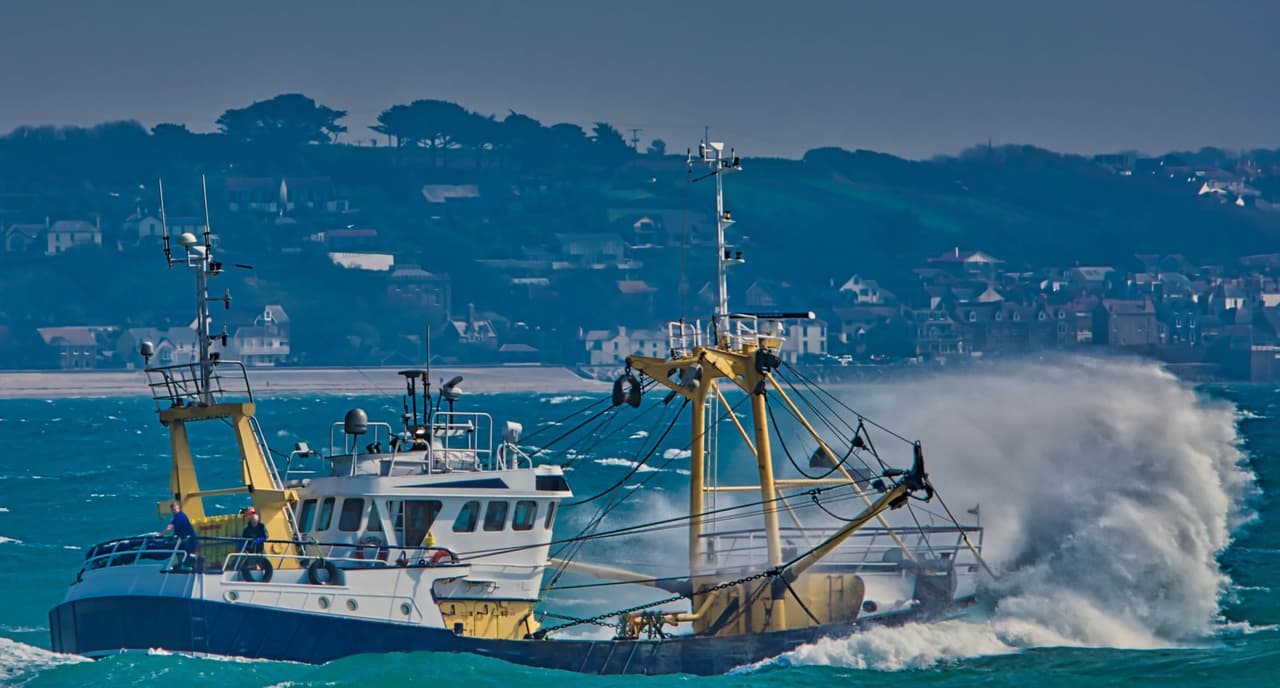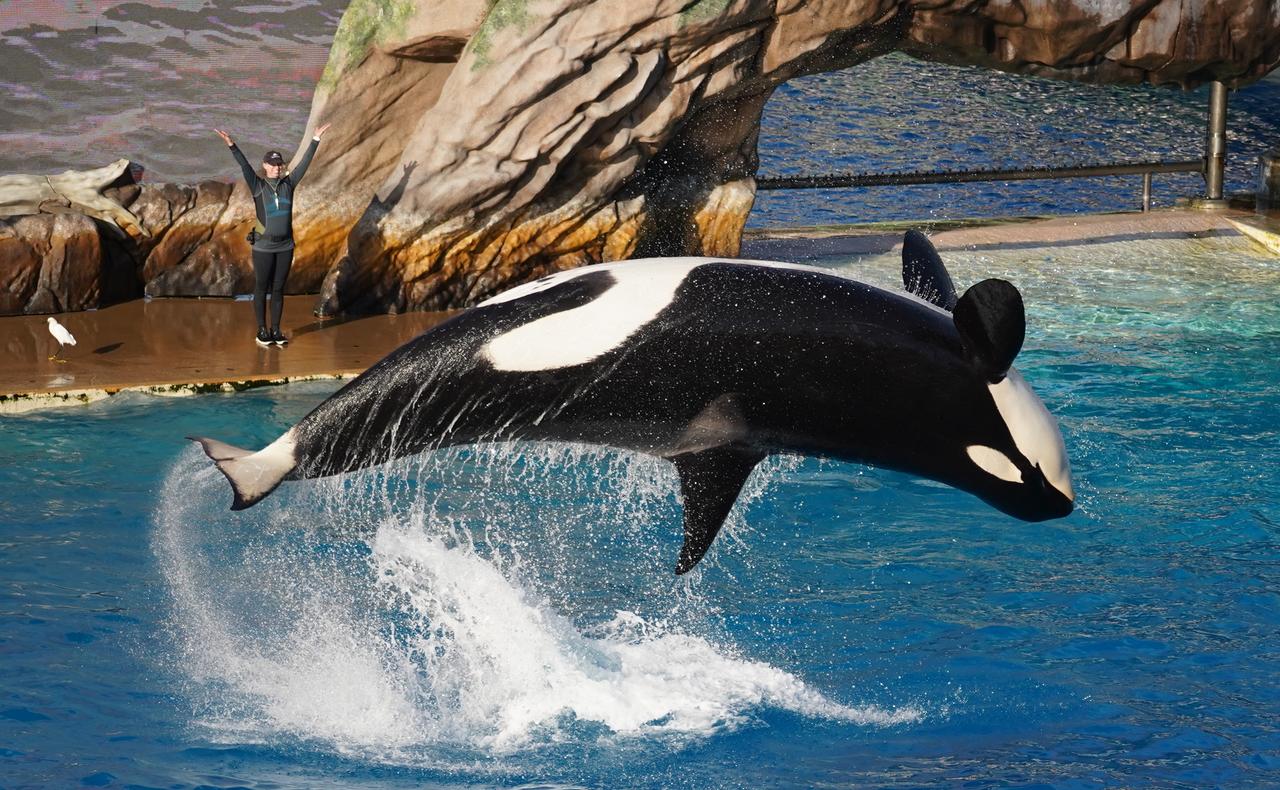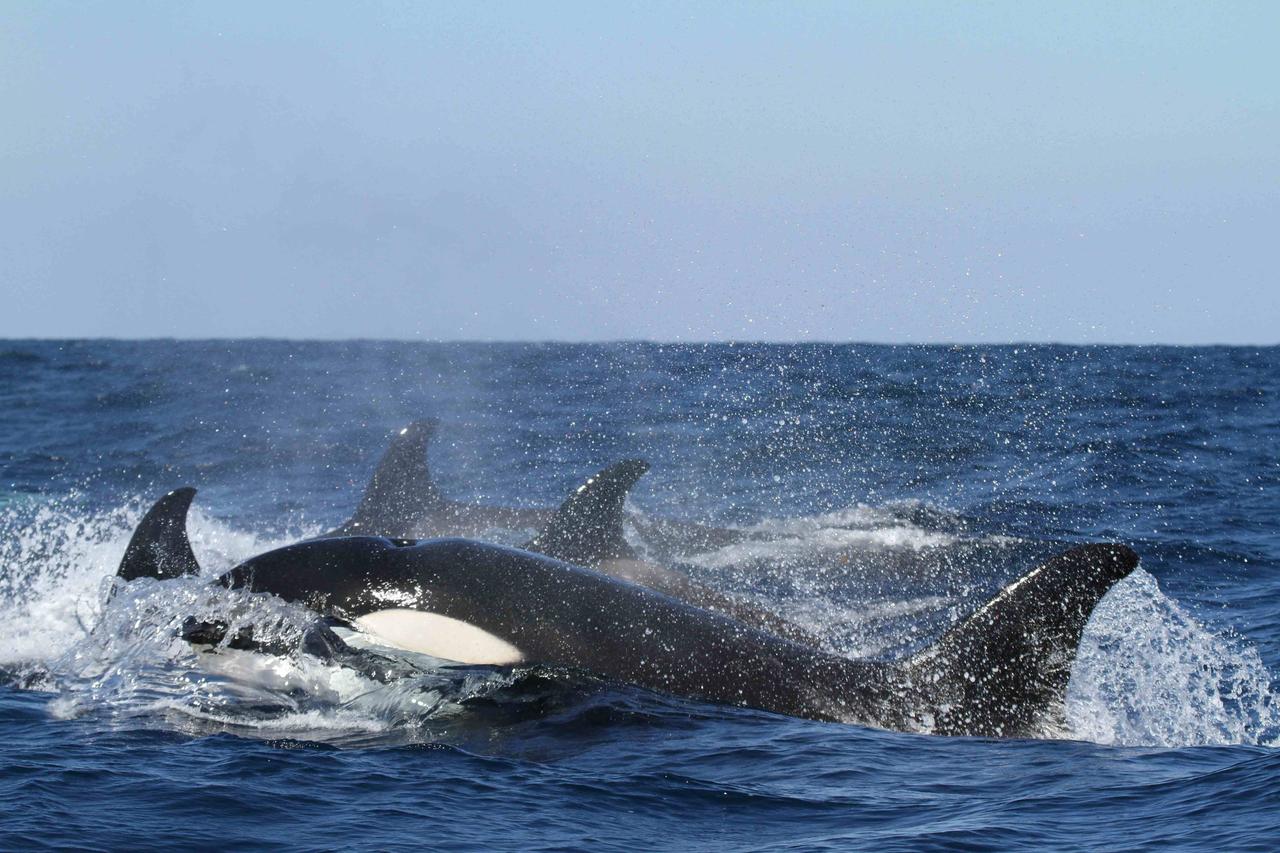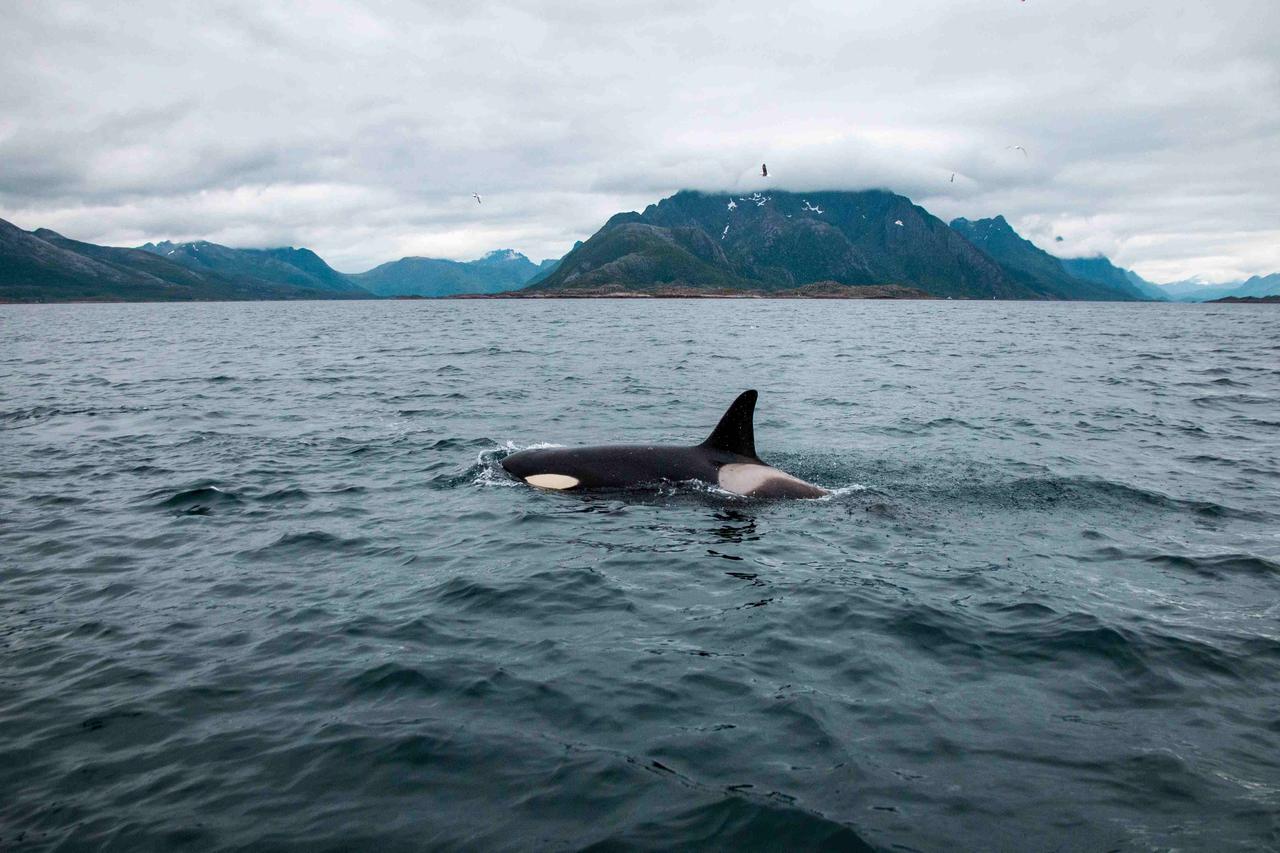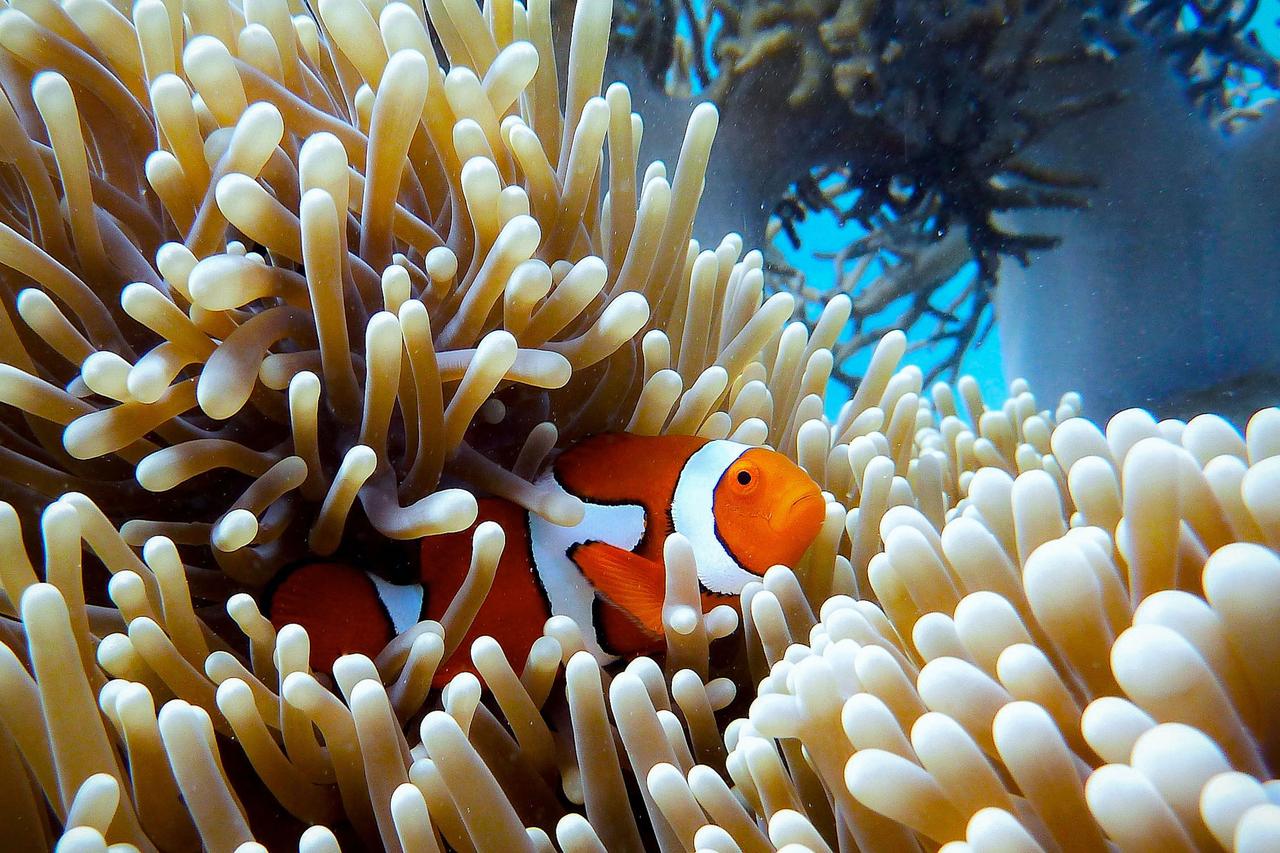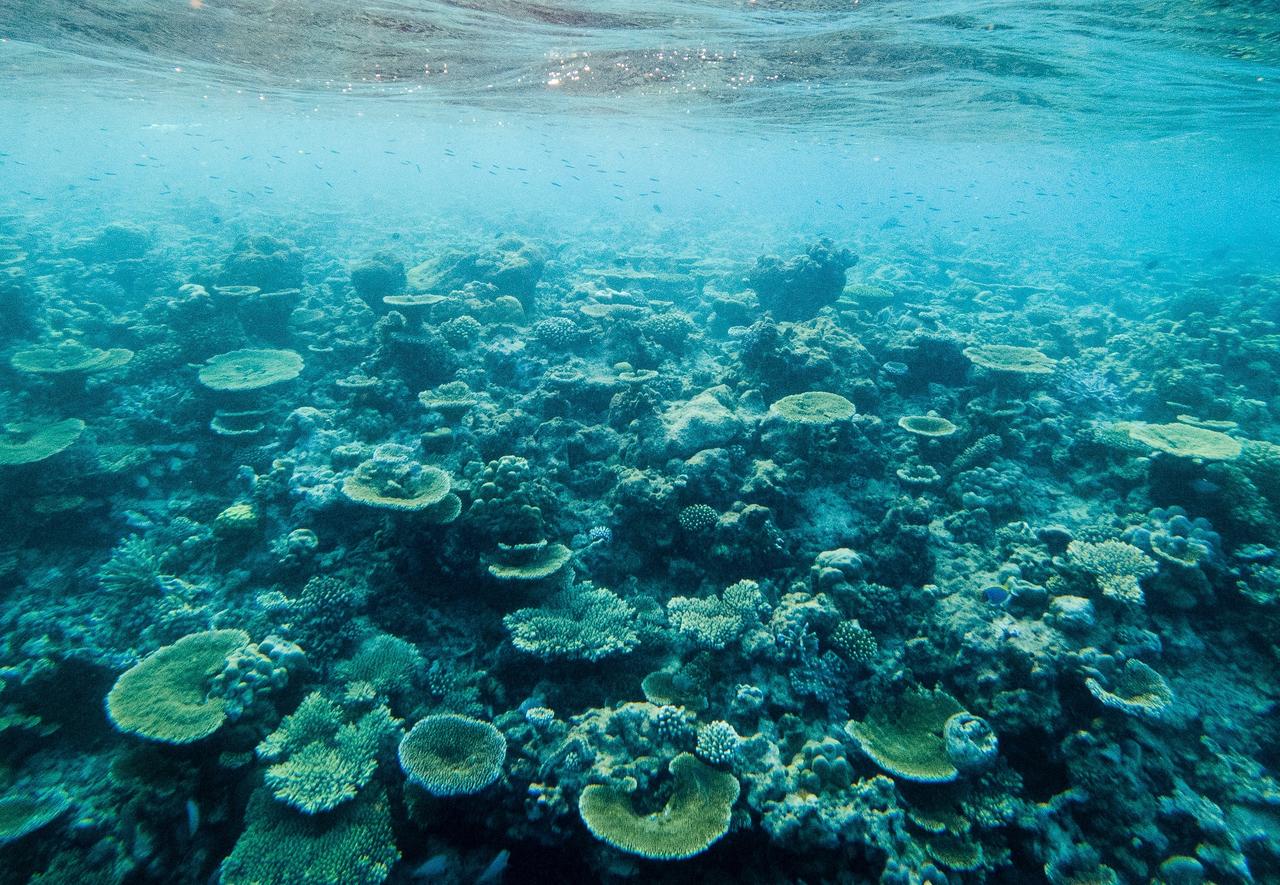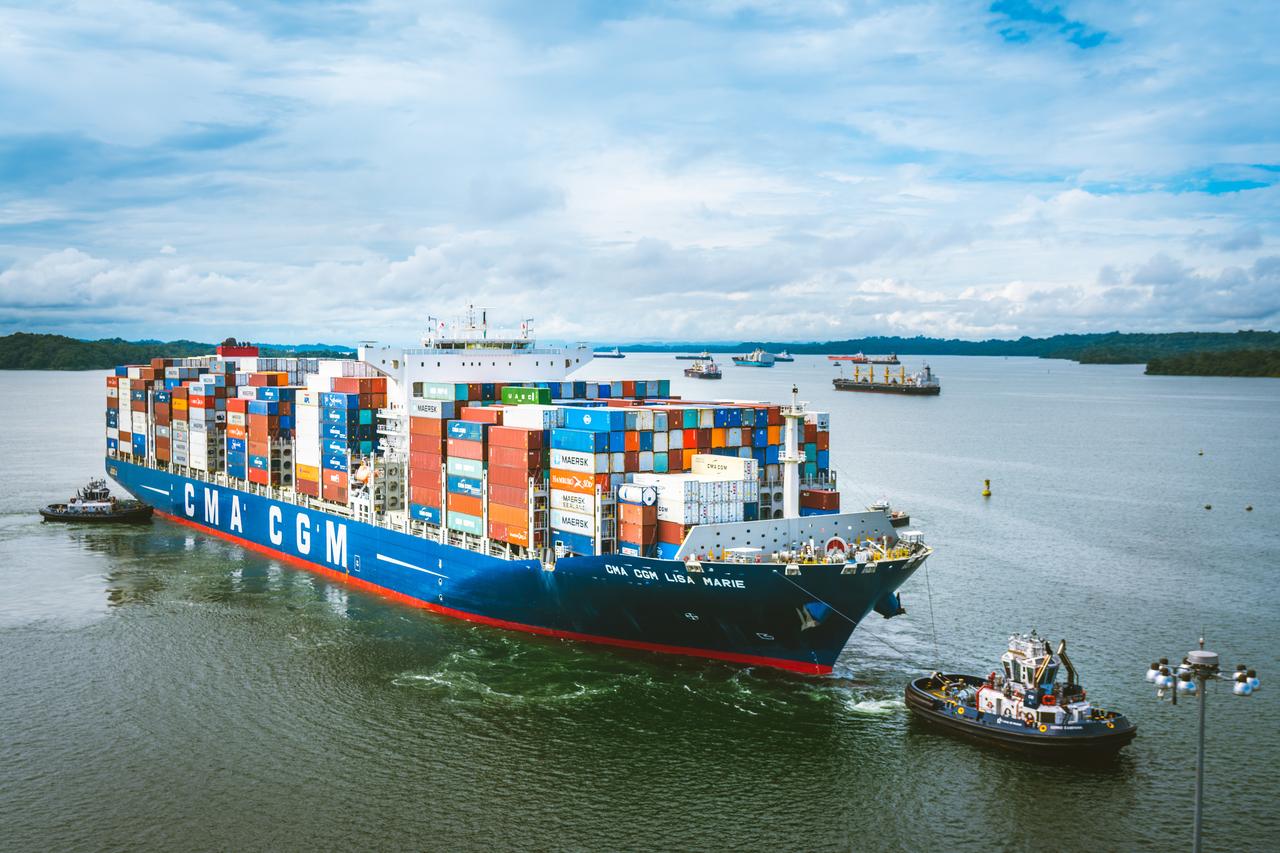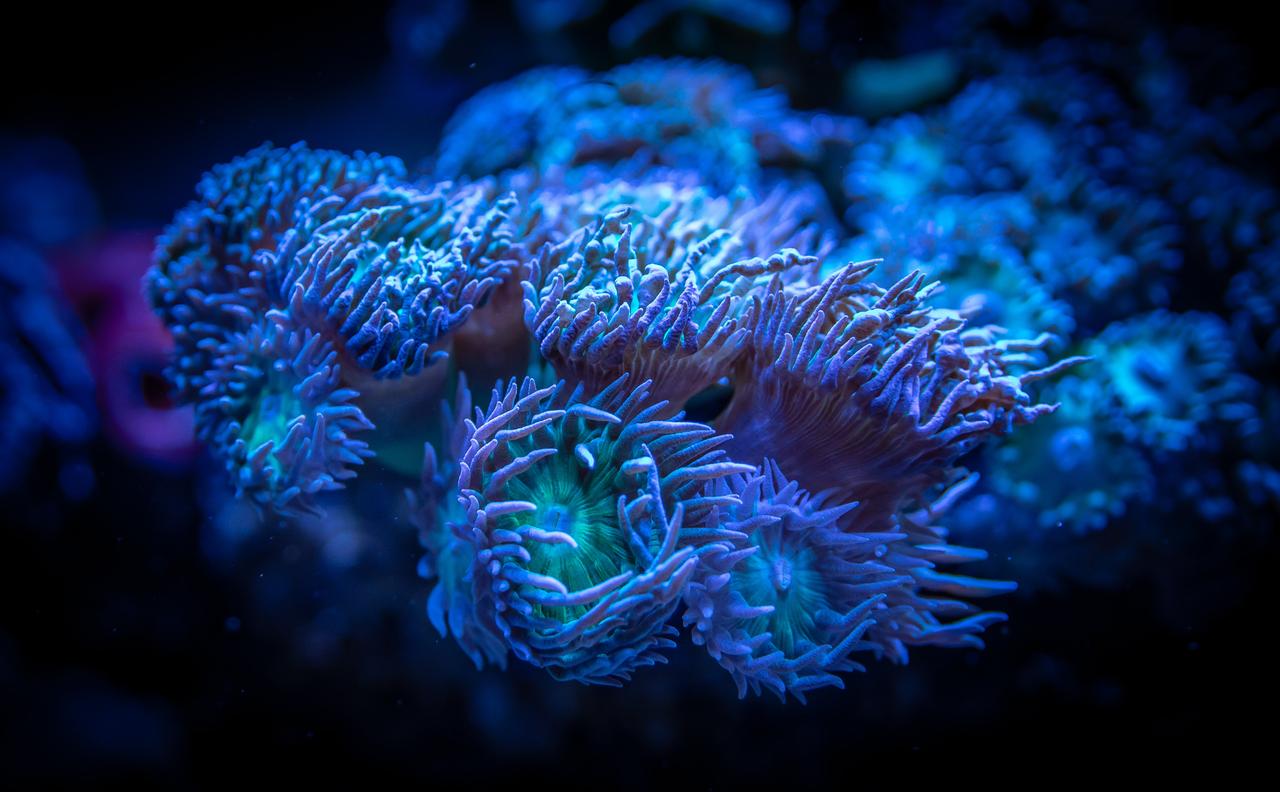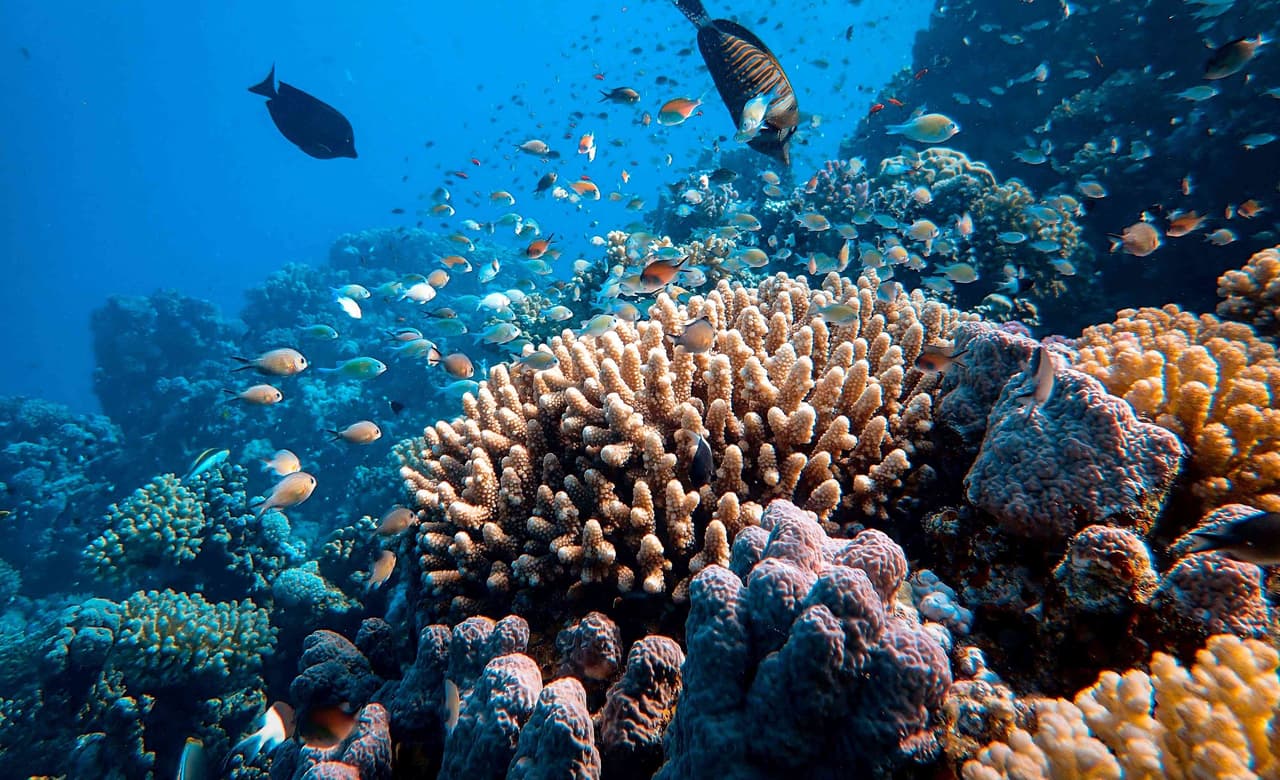
WORLD REEF DAY brings awareness to the indispensability of our coral ecosystems, half of which have already been lost due to climate change.
Did you know?
- Corals aren’t plants and they aren’t shells — they’re animals. And some of the oldest; studies indicate some corals can live for 5,000 years.
- Corals are very sophisticated creatures. They’re made of thousands of smaller animals (polyps) that connect, creating a single organism or colony. These colonies join with others, becoming reefs.
- There are two main types of coral: hard and soft. Hard corals are “reef-building” corals; Soft corals are bendable and protect the reef.
- Coral reefs only make up one percent of the ocean floor, but they support a quarter of ocean life.
- Most of the world’s coral reefs appear in six countries: Australia, Indonesia, the Philippines, Papua New Guinea, Fiji, and the Maldives.
- The Great Barrier Reef is the largest living structure on Earth, spanning over 2,200 km (1,400 mi) and dating back nearly 20,000 years ago.
“Like a graveyard:” A global coral emergency
A coral’s color comes from the symbiotic relationship it has with microscopic algae. Changes in ocean temperatures disrupt this relationship, stressing the coral and driving out the algae, causing the coral to lose its color and bleach. Although bleaching doesn’t kill the coral, persistently high temperatures can prevent the algae from returning, ultimately starving the coral.
Between 2014 and 2017, one of the most severe coral bleaching events occurred. 75% of the world’s tropical coral reefs were bleached due to heat stress, including over one thousand kilometers of the Great Barrier Reef bleached, much of which died just a few months later.
This year, it’s even worse. The Great Barrier Reef is becoming a graveyard as it experiences its worst summer on record. The state of these reefs is now at a dangerous threshold, threatening a quarter of the species and billions of people that rely on reefs. Scientists are concerned we’re closer than ever to a tipping point: “What is happening now in our oceans is like wildfires underwater,” said Kate Quigley, principal research scientist at Australia’s Minderoo Foundation.
It’s estimated severe coral bleaching events will now occur every year; by 2050, nearly 90% of coral reefs could be lost. We must protect our OCEANS — by losing our reefs, we only hurt ourselves.
